Web server security refers to the techniques and technologies that provide information security for a Web server. Considering types, Web security can be categorized into physical, network-based, and host security. Firewalls serve to protect all communication conducted over the network, allowing or disallowing specific communications between users on the network.
Key Aspects of Web Server Security
Web Server Security includes two major aspects:
- First is the security of data that resides on a Web server
- Second, is the protection of all running services associated with a Web server.
This operating system security and access control protects the data contained on a web server.
Firewalls and anti-virus programs protect the services running on a web server. Because data on a server is often the most valuable asset, it provides the greatest incentive for ulterior motives. It is possible to find tools that will serve to protect the data by encrypting information on the disk, thus it is manageable both to detect and to respond in the event of an intrusion.
Operating system security and access controls protect data located on a web server. Firewalls and anti-virus programs protect the services running on a web server. Data itself can be the most critical asset and hence the most targeted. Data are protected through encryption at rest and by using intrusion detection software to indicate and act upon intrusion attempts.
Security means operations that are useful to users in Internet browsing. Like quick navigation, a person also wishes to get to his destination safely. This is why Web server security has become very essential. There are several ways IT professionals can adopt to protect a Web server from malicious attacks, including website penetration testing to simulate real-world cyber threats.
The simplest is a firewall, which checks all incoming and outgoing Internet traffic to the Web server and blocks any suspicious traffic or attacks that seem to be dangerous.
Importance of Web Server Security
Security of your website is really important; and of fundamental importance to your web server, in this regard. An open server invites attacks, and the same server can be used to access information publicly. That is why one has to be sure of Web server security.
Web servers store, process, and deliver Web pages and other online content. Web servers can also host and serve different data types, such as audio and video files, database records, and executable programs.
Derived from criteria established by the industry for security, Web servers must be adequately protected against unauthorized access, misuse, modification, destruction, and disclosure to ensure the confidentiality, integrity, and availability of information.
“Explore our Complete Guide to Web Application Penetration Testing“
Latest Penetration Testing Report

Common Vulnerabilities in Web Server
Web servers form the backbone of the internet; however, they are the target of many vulnerabilities, causing their users to suffer. Some of the typical web server vulnerabilities include SQL Injection, Command Injection, DoS Attacks, and Cross-Site Scripting (XSS). Some of these vulnerabilities can be easily exploited, while others require more information to successfully attack. Let’s delve into these security vulnerabilities in detail.
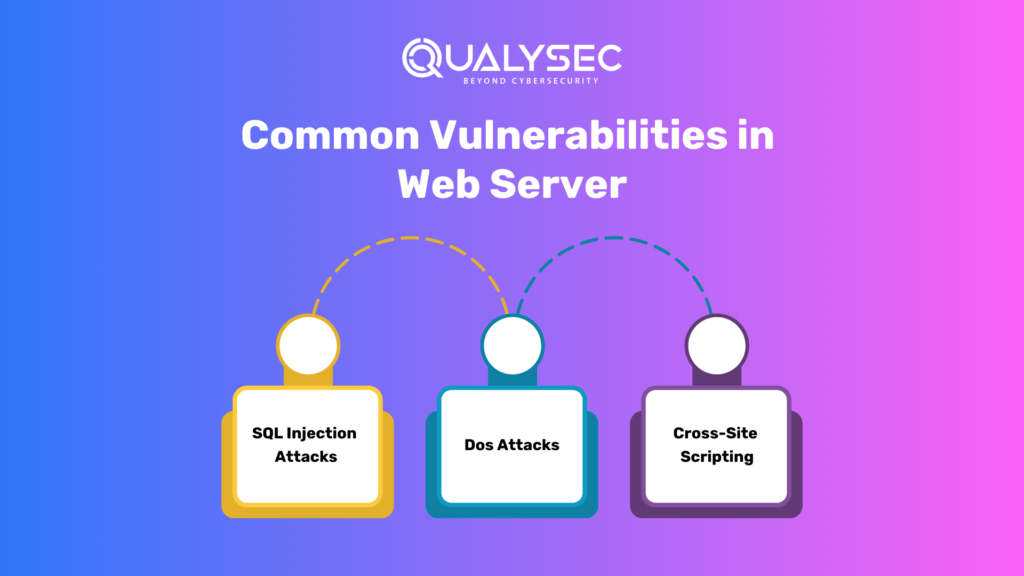
1. SQL Injection Attacks
Although it is one of the quite common and dangerous attacks used for taking over a database, SQL injection is one of the methods for injecting code through user input of the database by entering malicious payloads in the user inputs without sanitation or filtration of the input. The SQL injection is essentially an injection of a SQL statement (malicious payloads) into a database.
Why is this so unsafe?
Think for a moment that a user has in his database a table called ‘users.’ Here, in the ‘username’ field, the username of the user must be entered. Now, instead of putting some random character value, he puts: SELECT * FROM users LIMIT 0,1;
2. Dos Attacks.
Denial of Service (DoS) attacks attempt to deny a service to its intended users, typically a server or network resource. DoS attacks can also be described as flooding a system or network resource with every kind of traffic until it becomes unreachable for users seeking access.
One objective is to create a denial of service. Attackers often have recourse to some kind of malicious tools such as bots or viruses that lead to high usage of the victim’s bandwidth or CPU resources. The attack can also be carried out using a computer or network that infection by a virus or other kinds of malware.
3. Cross-site scripting.
Cross-site scripting (XSS) is a vulnerability used to attack the user experience with a website by injecting code executed by the user’s browser into the site. This code gets executed inside the user session after sending the user’s cookies to the web server. Often XSS is used by its perpetrators to take actions on behalf of the user, such as taking over the user’s session.
Best Practices for Web Server Security
These days, no firm can exist without web server security, making it a crucial concern. Maintaining the security of your web server is more important than ever due to the rise in cybercrime.
Cybercriminals may harm your company, thus you need to protect your web server from them. Now let’s talk about some of the most often used web server security recommended practices.
1. Make Use of Secure Passwords
Making sure you select secure passwords should be your top priority. Change your password right away if you’re still using the default one. Alternatively, update your password if it is easily guessed or accessible to the general public.
2. Use of secure protocols and ciphers
Make sure you always use TLS v1.2 and AES cipher to encrypt communication with the web server and enable the HTTPS protocol (SSL/TLS) to give the users secure access to the data they send to your website.
3. Keep Software Updated
Of all the recommendations that would help secure your web server, keeping all software up to date is the most important. Both the operating system and web server software are included in this recommendation. Accordingly, if you are going to be managing your web server, check the manufacturer’s site for updates to security patches regularly, especially if you are working with a server that is a few years old.
Top Open Source Web Server Security Tools
The best way to secure your web server is to ensure that you know about all kinds of dangers and prevent them from happening. The following is considered the best Open Source Web server security tool to secure your server.
- Snort: Snort is an open-source infiltration prevention system that helps in real-time traffic analysis. The software network uses protocol analysis and a combination of patterns to detect deviations, abuse, and attacks in traffic traffic. It was designed to scan the large network faster, even though it works well against individual hosts.
- Openvas: Openvas is a vulnerability scanner that can scan the complete vulnerability of the network infrastructure. Openvas is an international project used by many organizations around the world. It is available for free and can be used with commercial products.
- Metasploit: Metasploit Project is a data security project that provides information on safety weaknesses and AIDS in penetrated testing and IDS signature development. It is available for open source, available, and public.
- SQLMAP: SQLMAP is an open-source automatic safety testing tool that automatically utilizes and utilizes the SQL injection defects and takes a database. Internally, this commercial equipment uses an engine similar to Sqlninja, but the features and syntaxes are slightly different.
Qualysec: Your Trusted Partner in Web Server Security
We aim to support businesses and organizations, in securing their web servers against, and protecting them from, cyber attacks. As a web server protection provider, Qualysec offers:
- Website Firewall
- Malware Protection
- Botnet Protection
- Vulnerability Assessment
- Security Audits.
It is a renowned global leader in securing online businesses and protection against cyber attacks.
We at Qualysec do realize the sensitivity of your web server. Our engineers carry the required expertise to verify any weakness in the security of your web server. Qualysec is a multi-award-winning web server security firm with experience that spans over 10 years.
Talk to our Cybersecurity Expert to discuss your specific needs and how we can help your business.
Conclusion
The web server is the most important core infrastructure of any website. The web server is essentially the computer that contains the main files for the website and provides them to the clients who browse the site. Securing a web server is an integral requirement to avoid unauthorized access and possible data loss. We hope this blog post helps in understanding more about web server security. For any questions or further discussion on web server security, do not hesitate to schedule a meeting with us; we’d be glad to help!
FAQs
1. What is web server security?
Web server security is a set of measures to legitimize and provide security for the information resources accessed by a web server.
2. Which Web server is the most secure?
There is no absolute answer to this. Some of the most secure web hosting servers include SiteGround, Apache, and Cloud Flare.
3. Is a Web server hackable?
Yes, web servers are vulnerable to bear network attacks and operating system attacks.
4. How do I secure my web server?
Identify existing loopholes through vulnerability scans, install a firewall, keep updating with patches, and remove unnecessary elements.
5. What are the common threats to web server security?
Common threats comprise DDOS, SQL injection, cross-site scripting (XSS), malware attacks, and unauthorized logins. These could compromise data, cause service disruptions, and lead to breaches.
6. How often should I perform security updates on my web server?
Hypothetically, you would want to perform security updates on your web server regularly. Often, a good practice is to do updates spooling right behind the first moment you hear that the server provider has published patches or updates. Updated software, including plugins and an updated operating system, should mean that vulnerability will not be easily exploited.






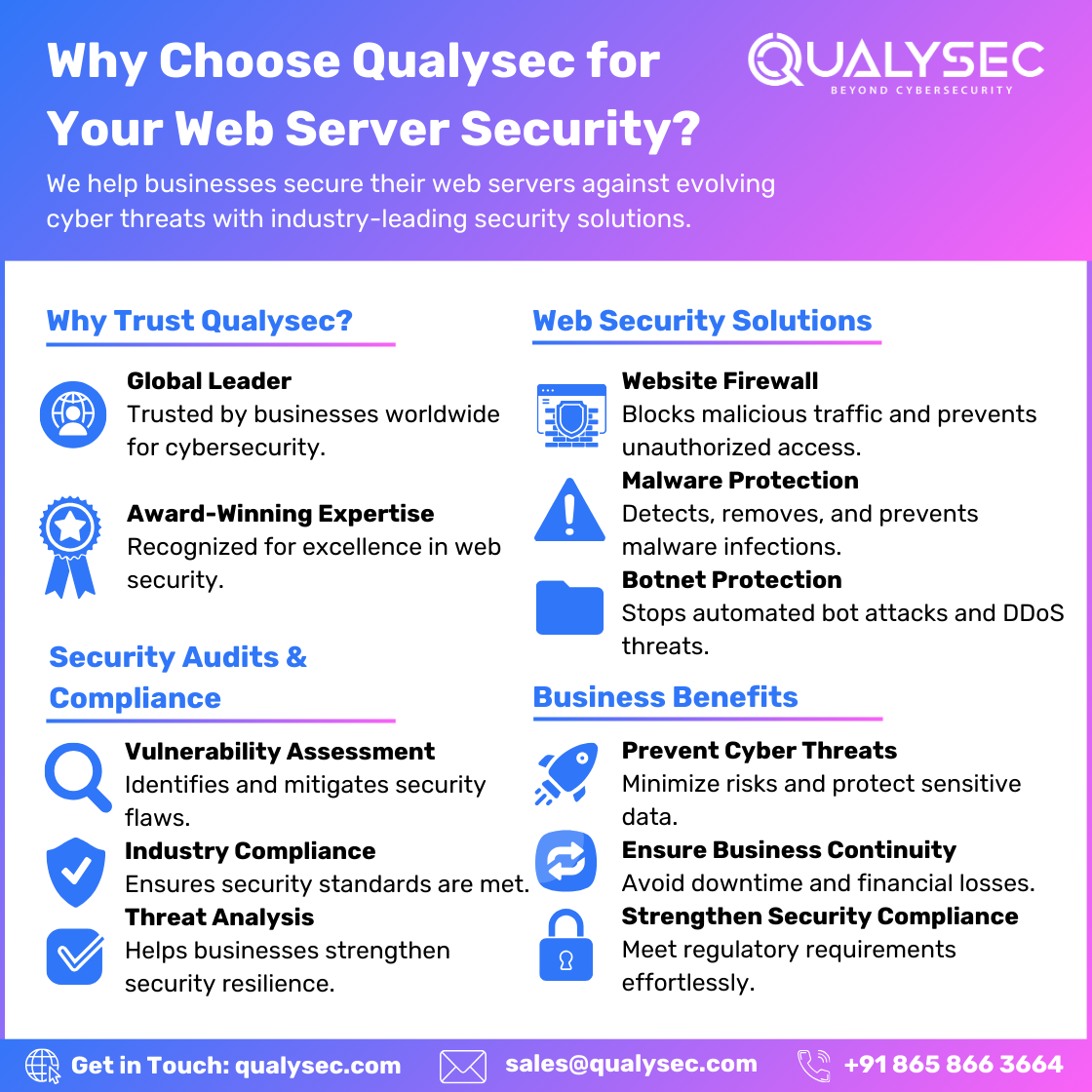



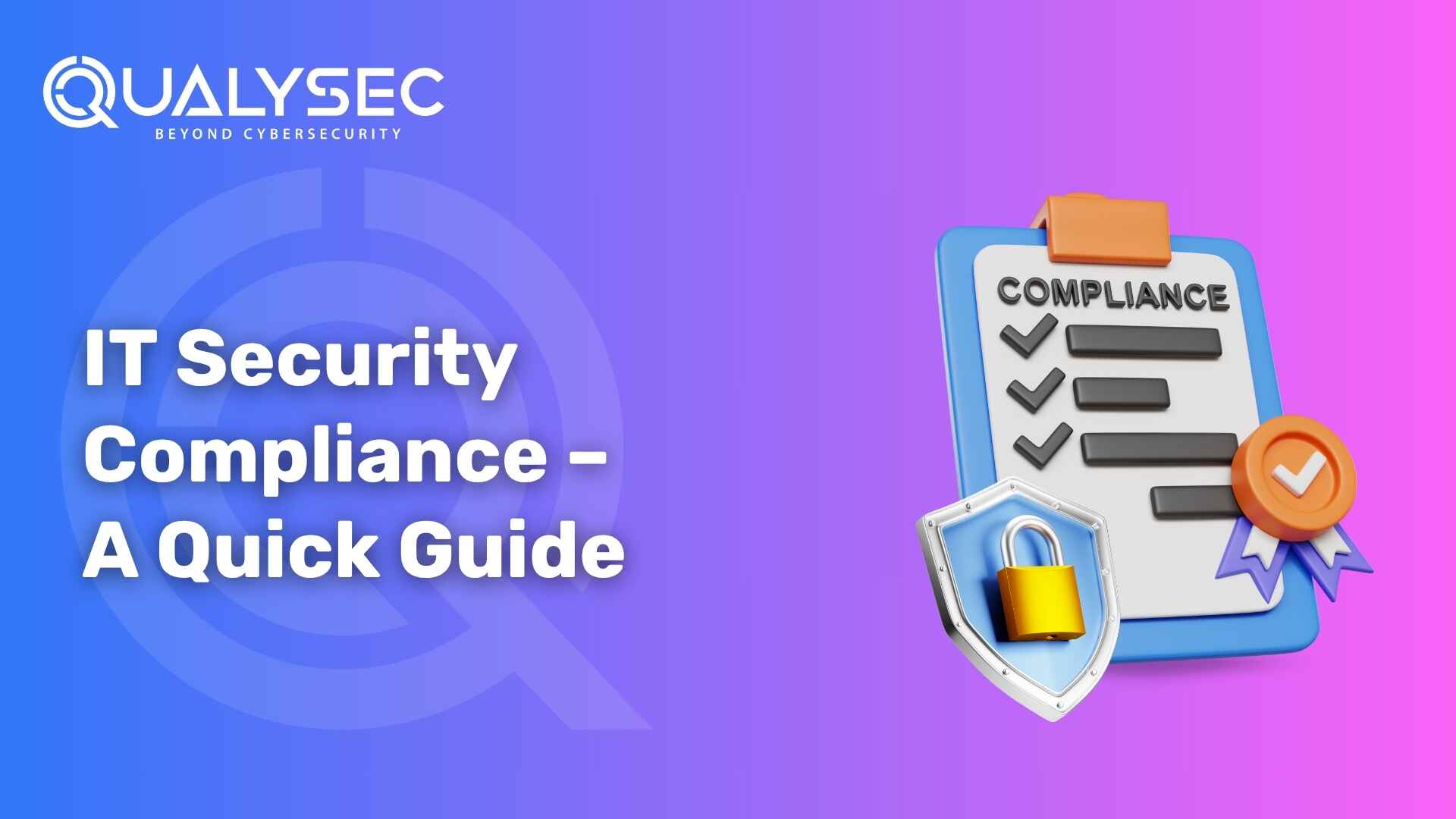
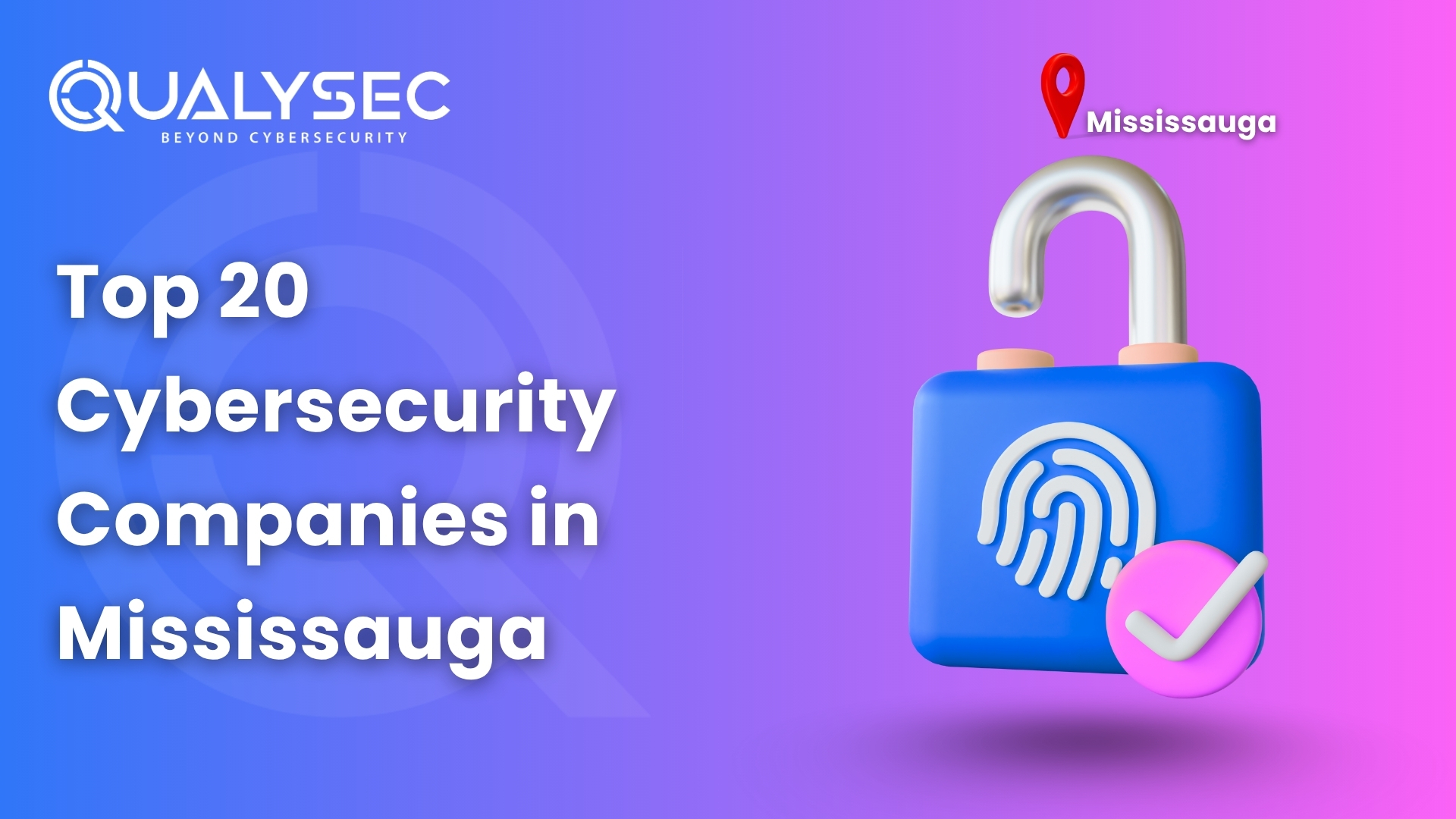

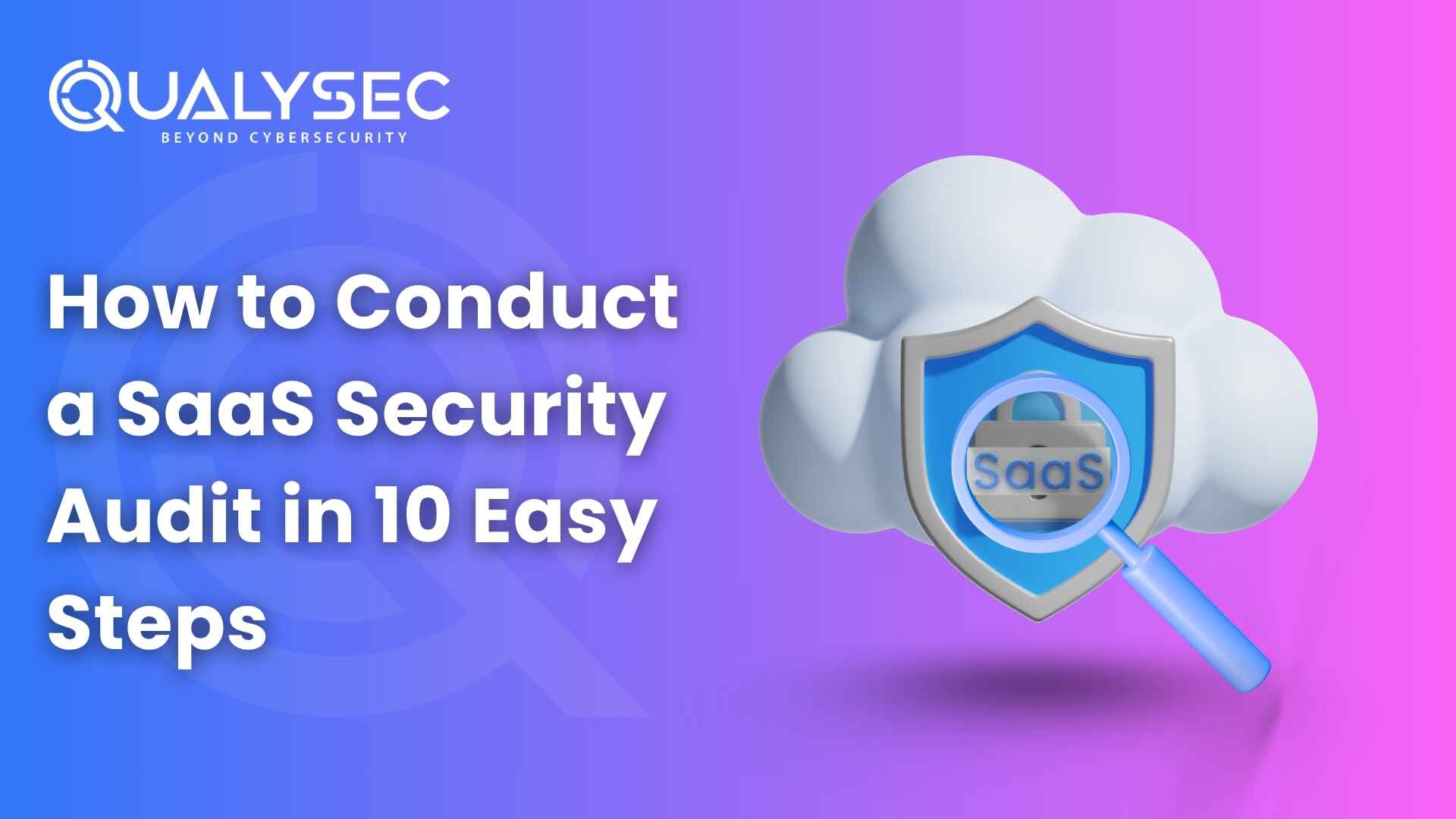
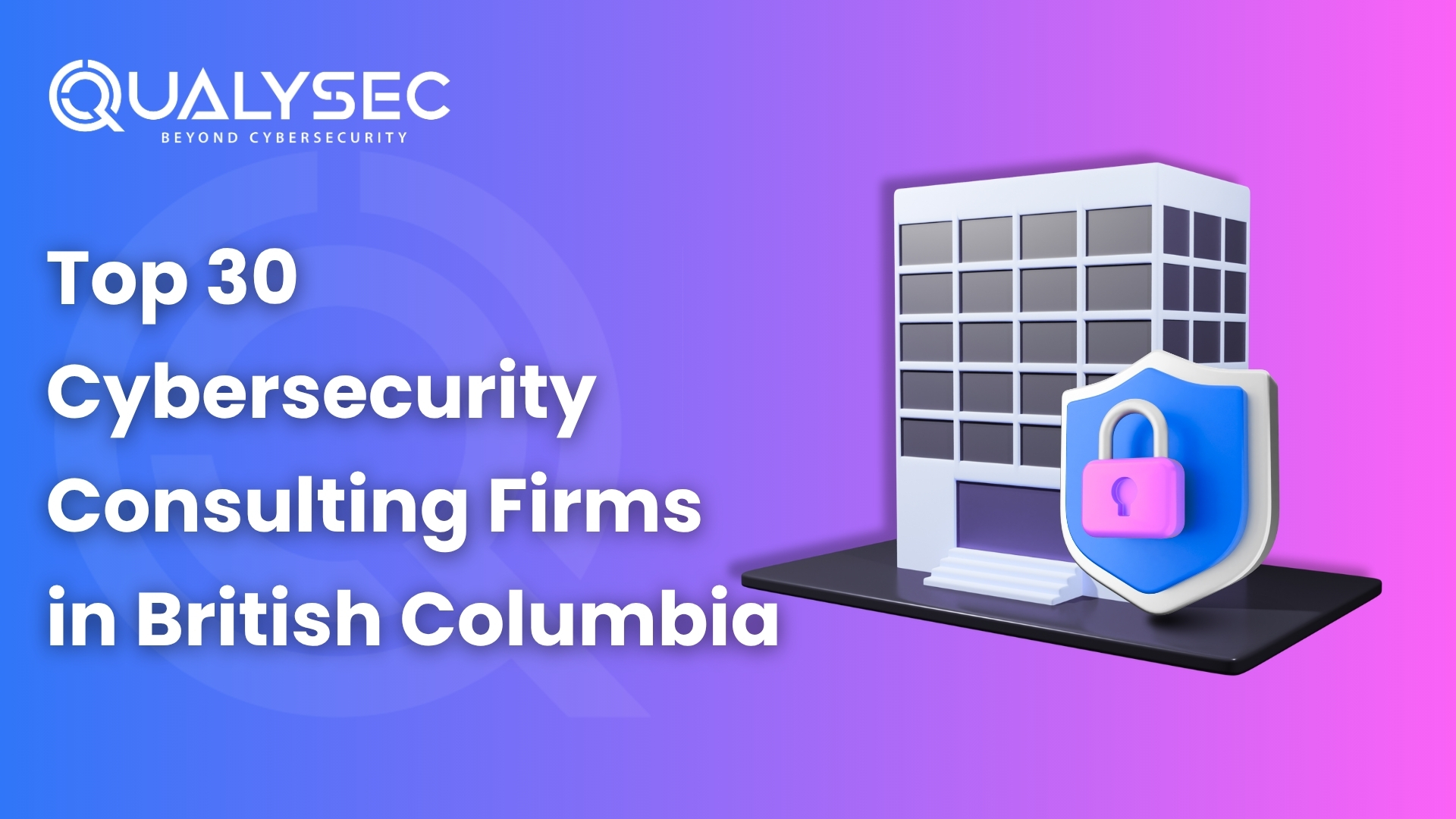

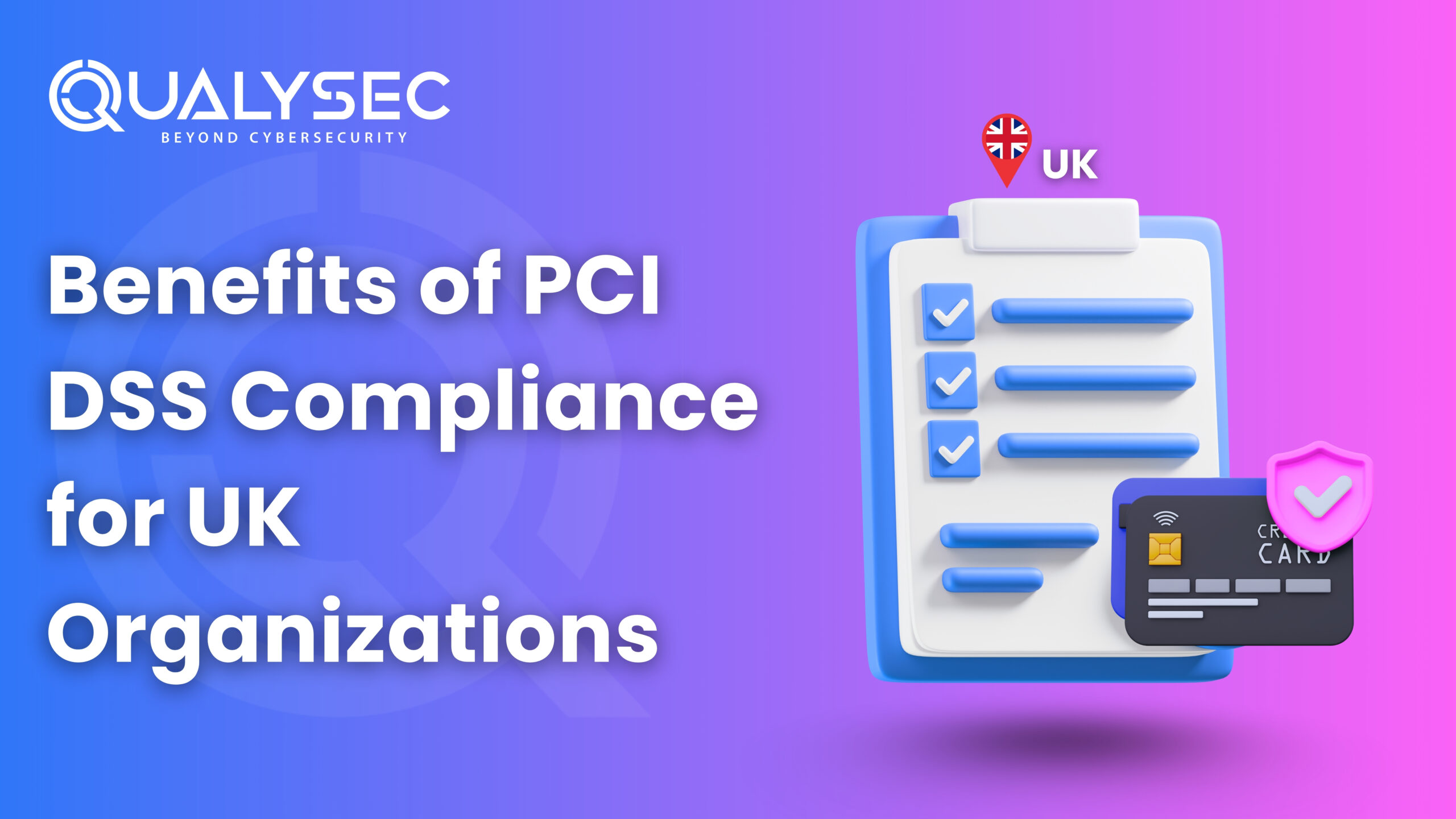




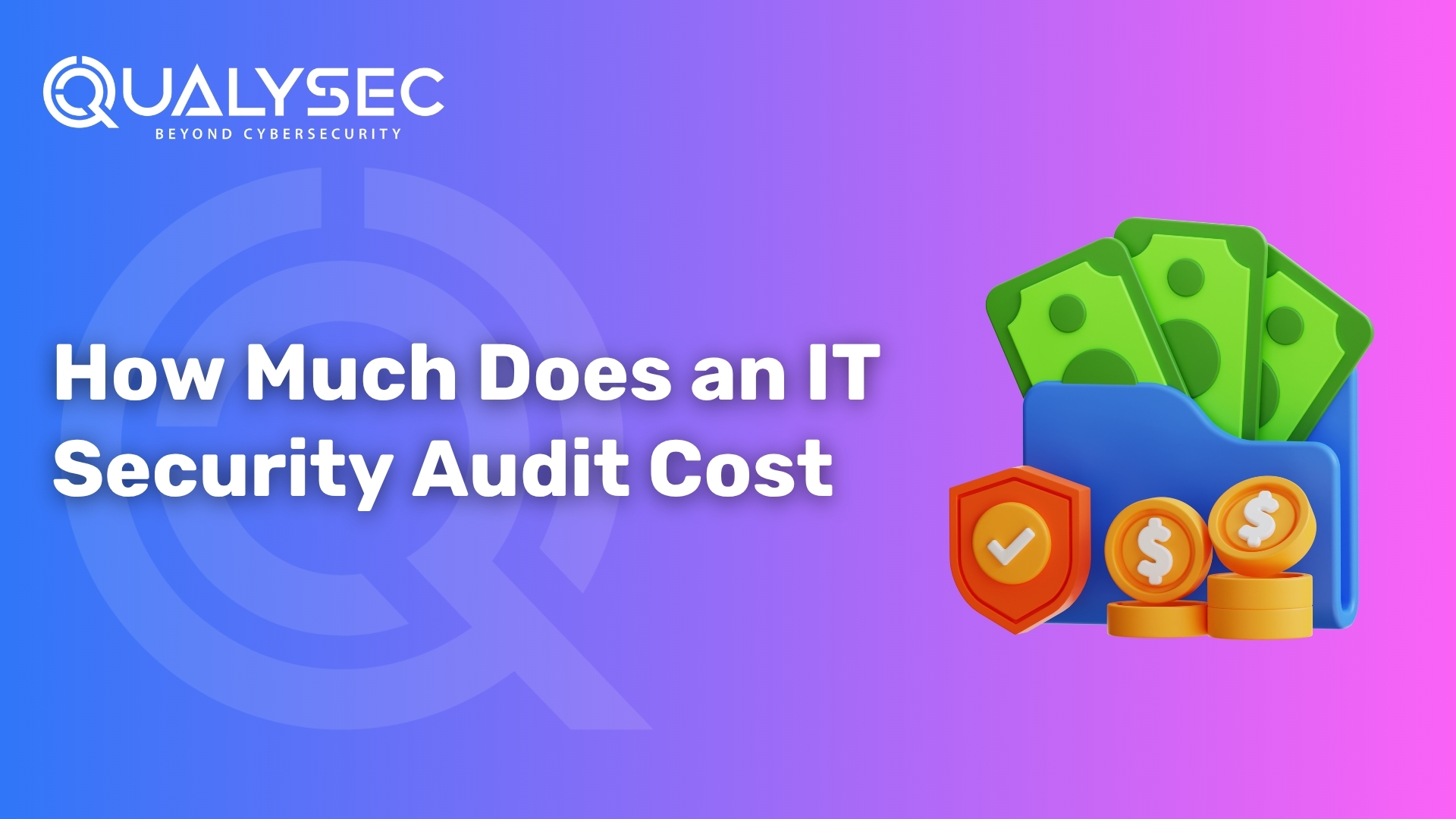


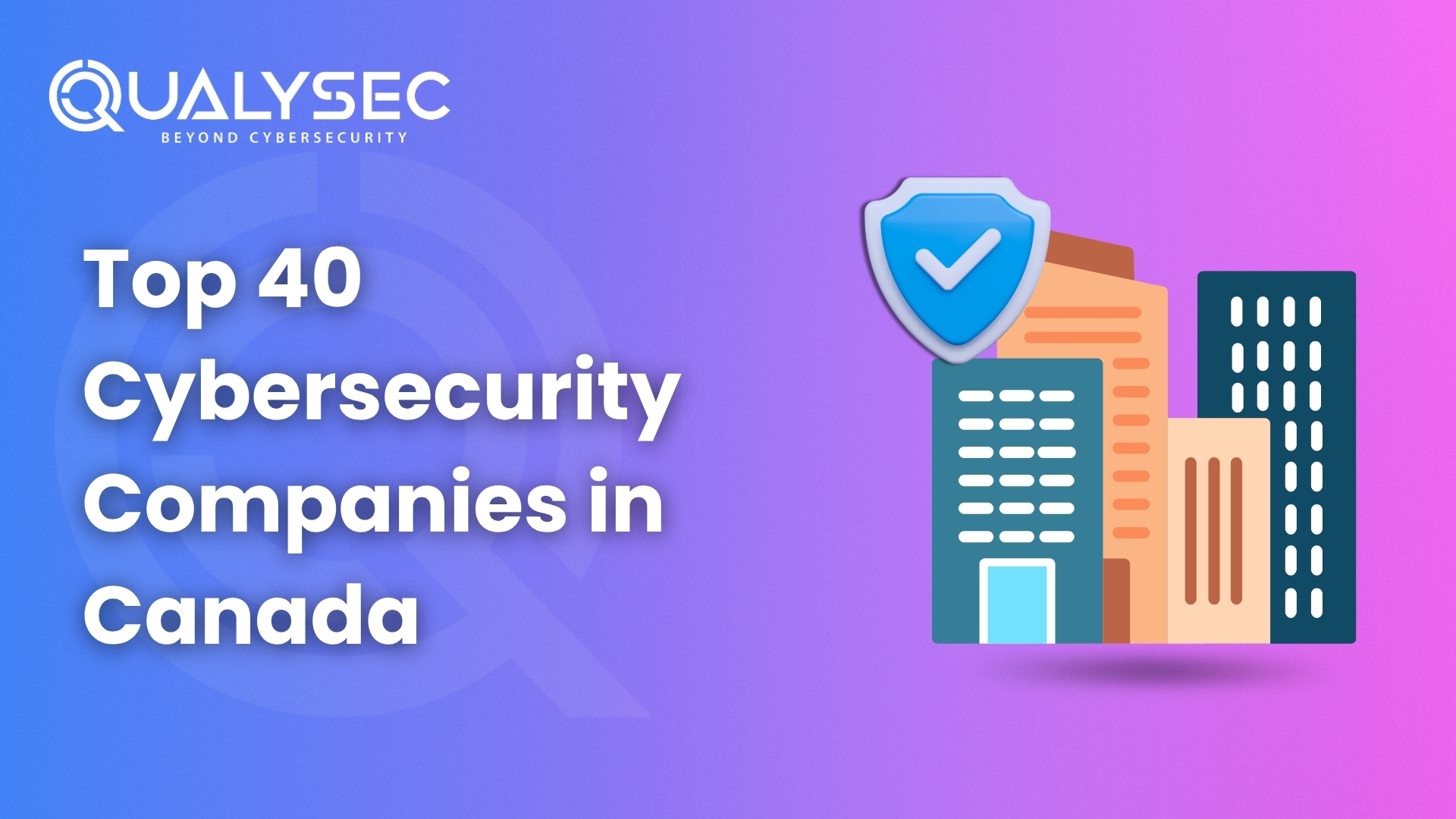
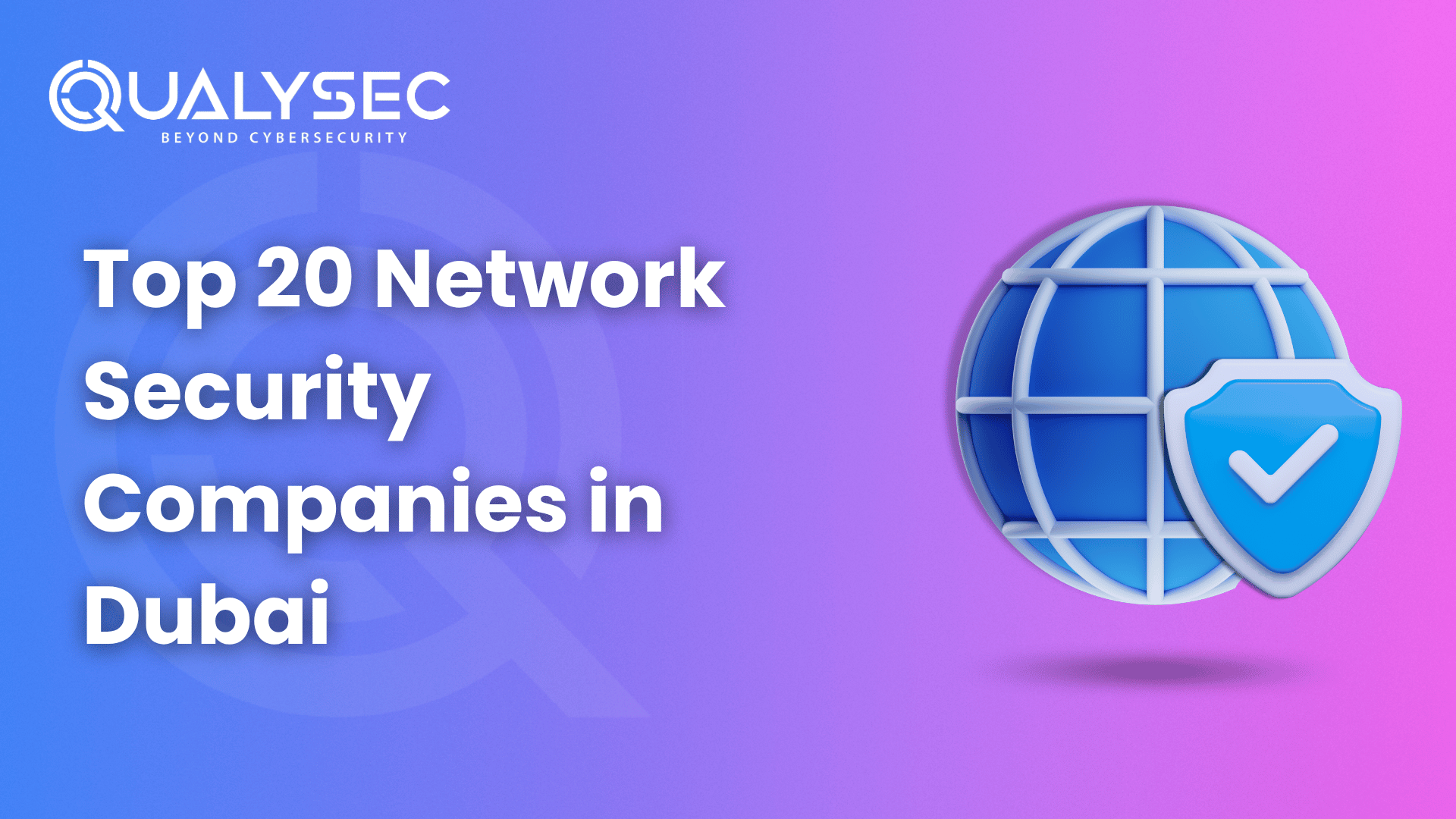

![Top 20 Network Security Companies in USA [2025 Updated List]](https://qualysec.com/wp-content/uploads/2025/05/Top-20-Network-Security-Companies-in-USA-2025-Updated-List-scaled.jpg)

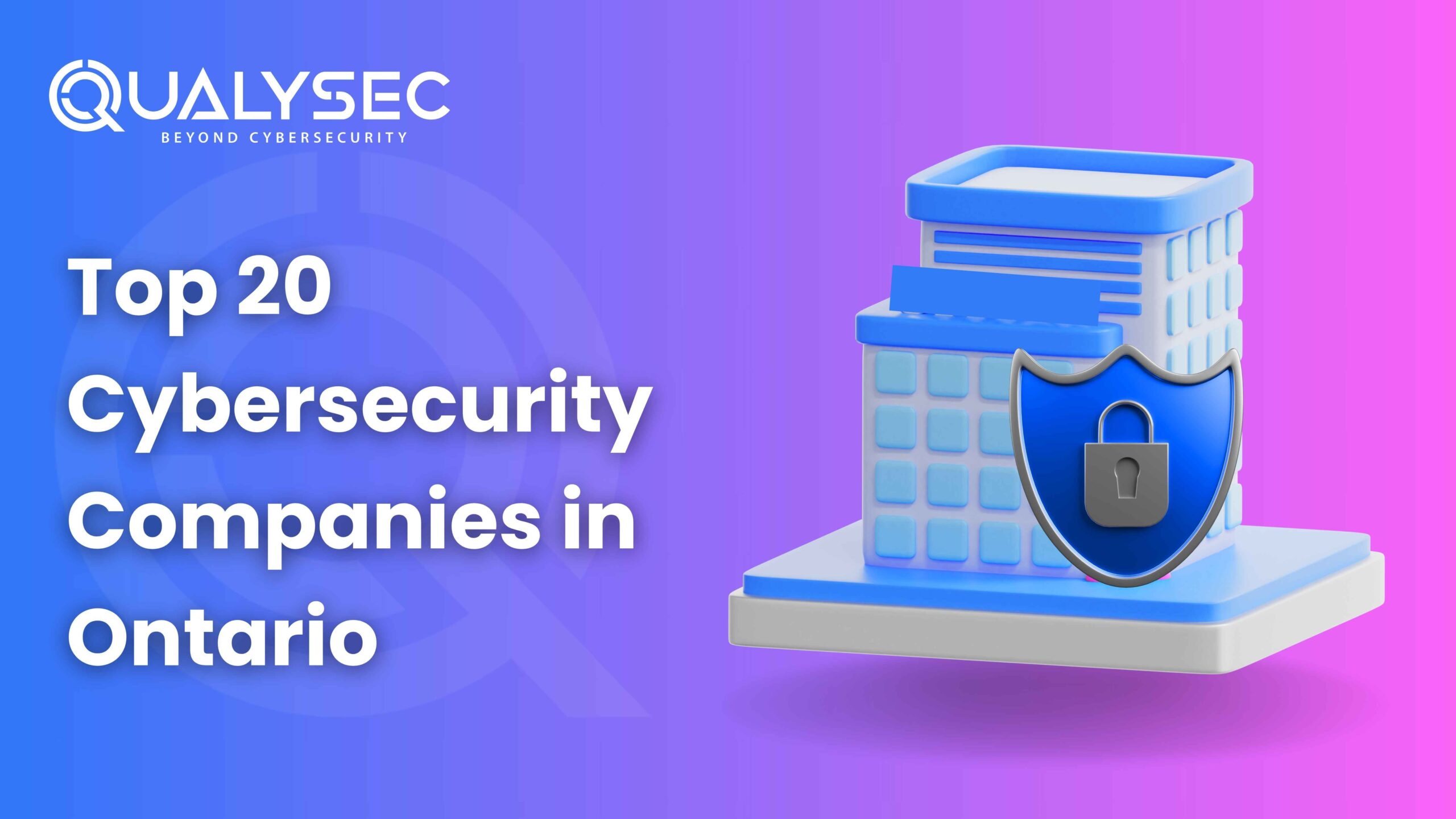


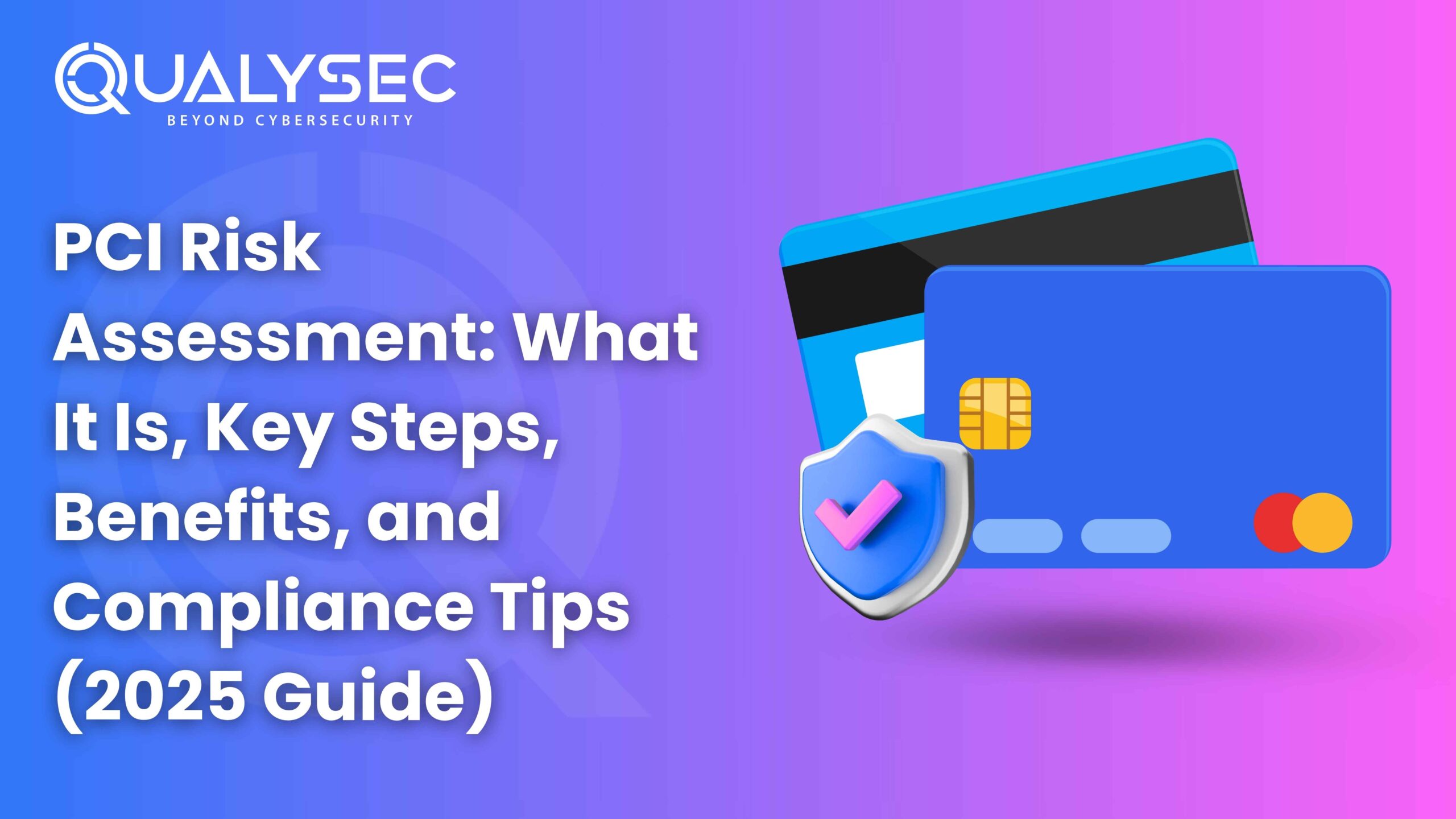
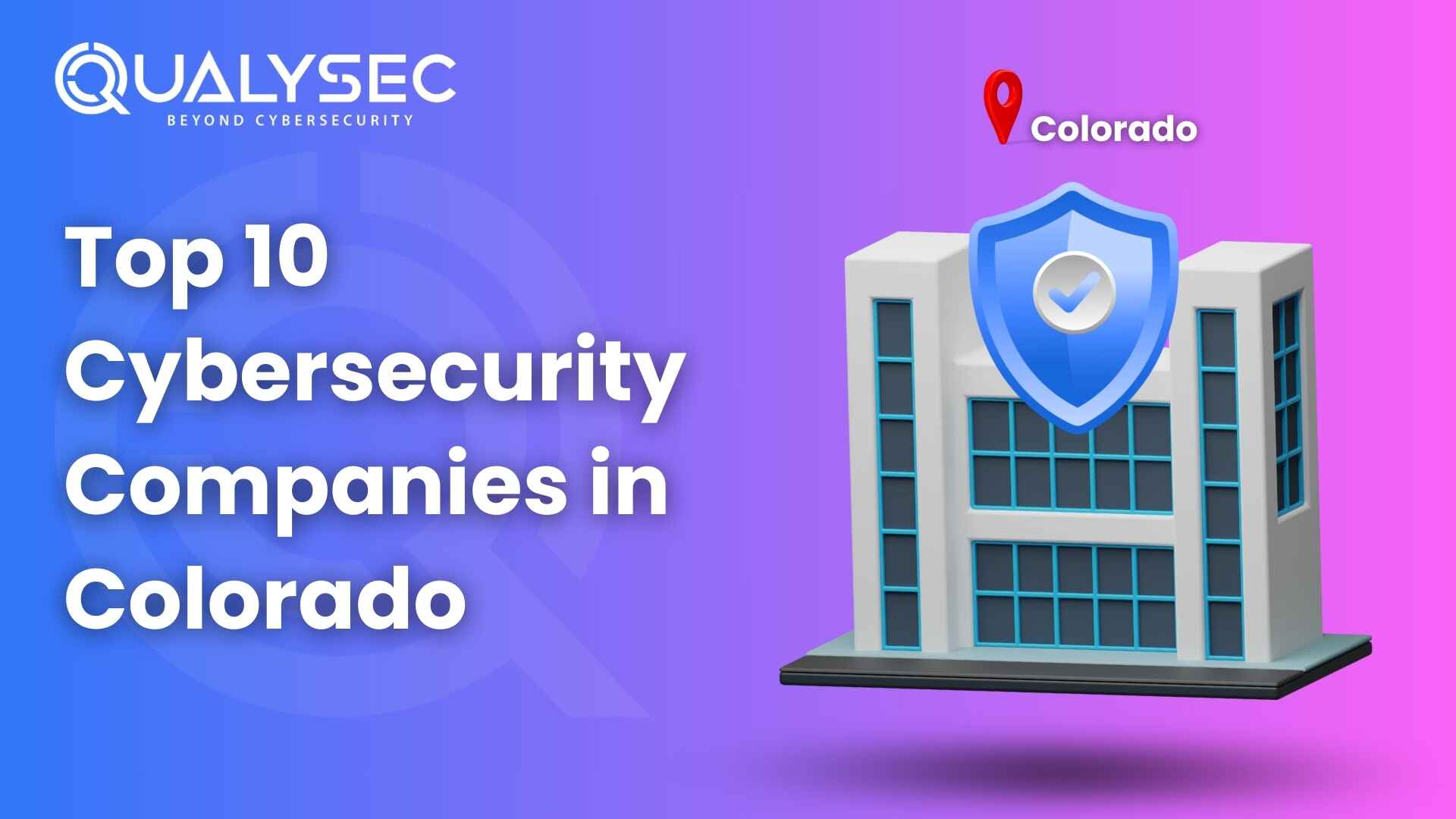

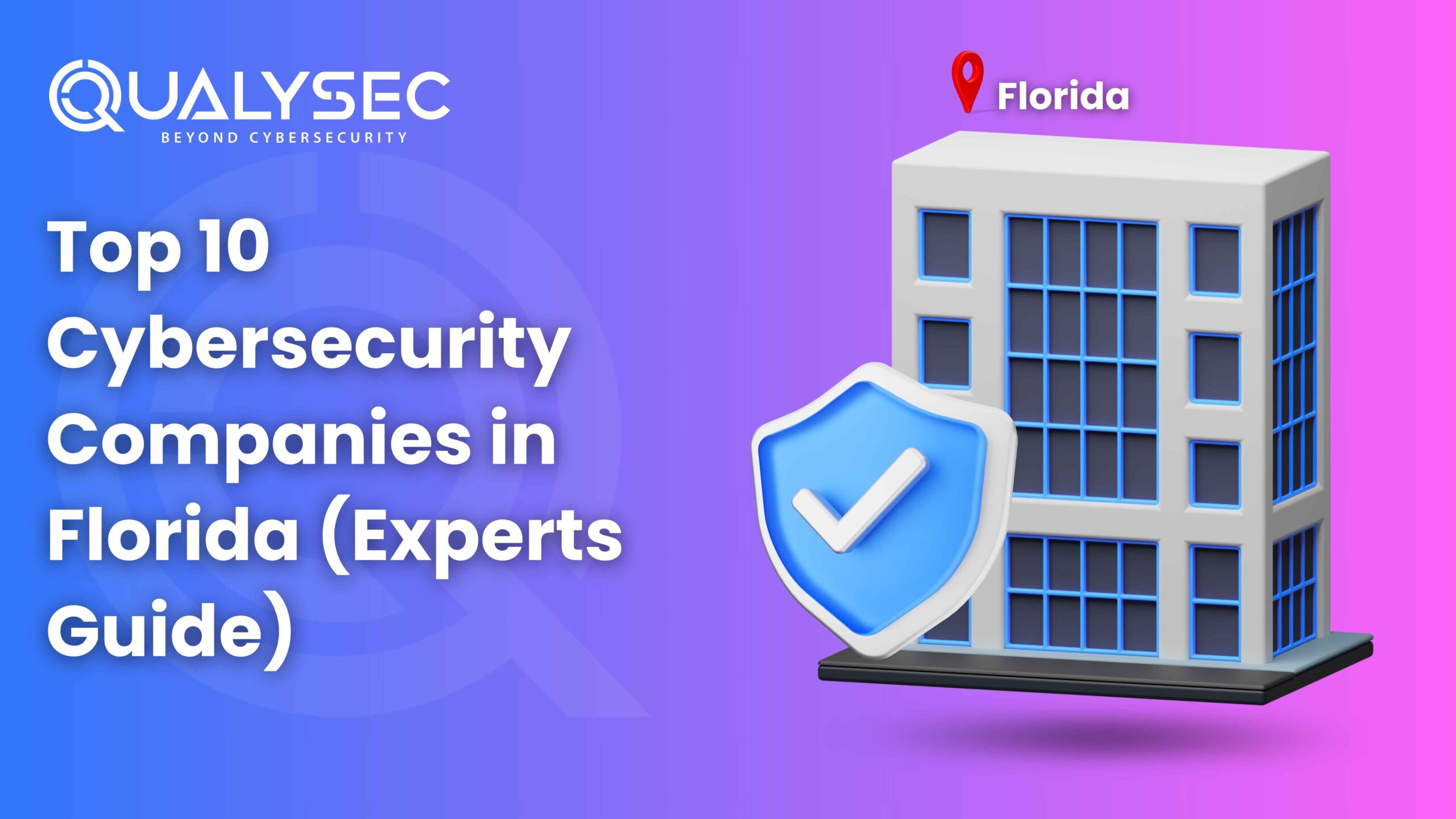












































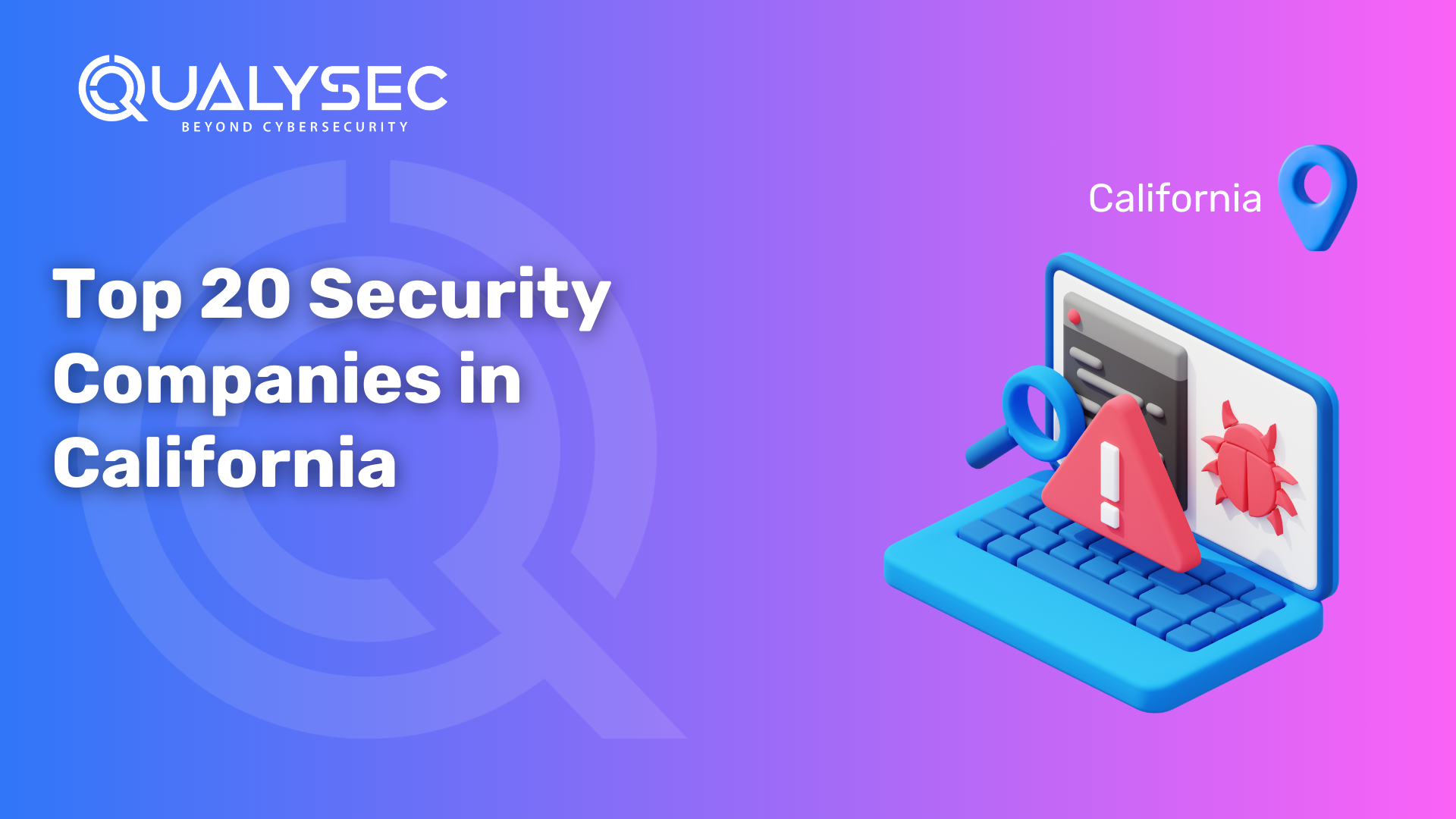









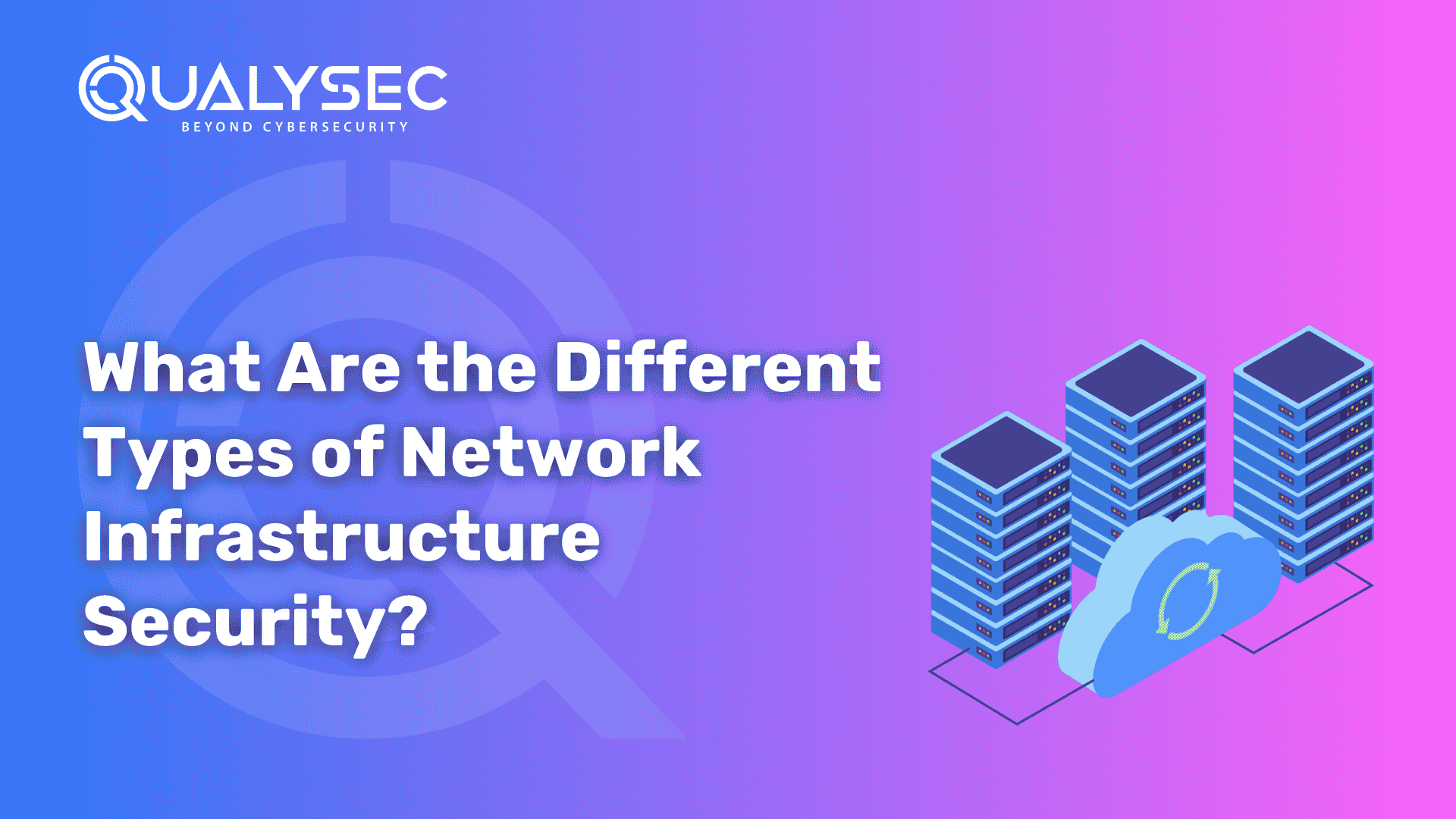









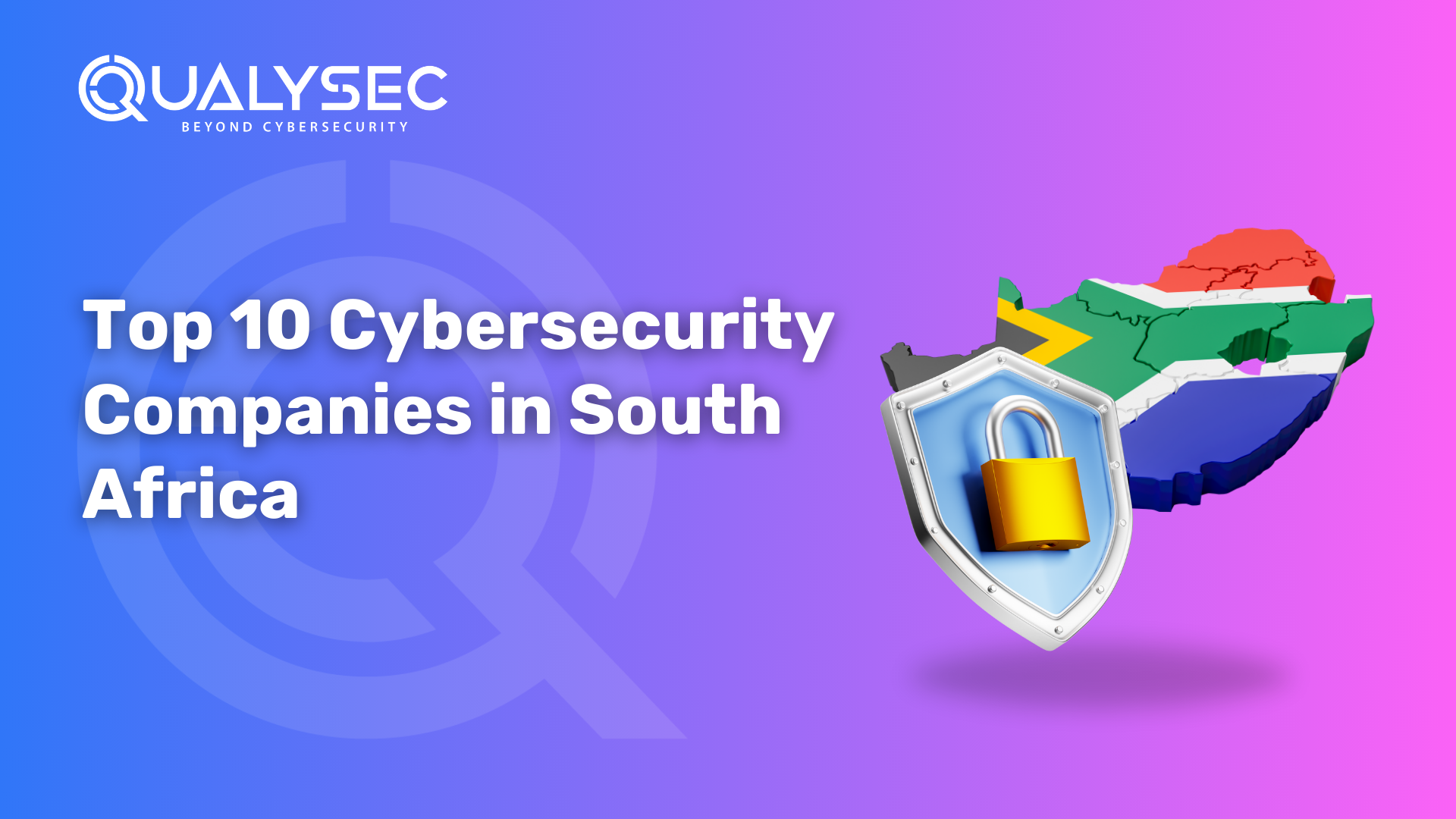






























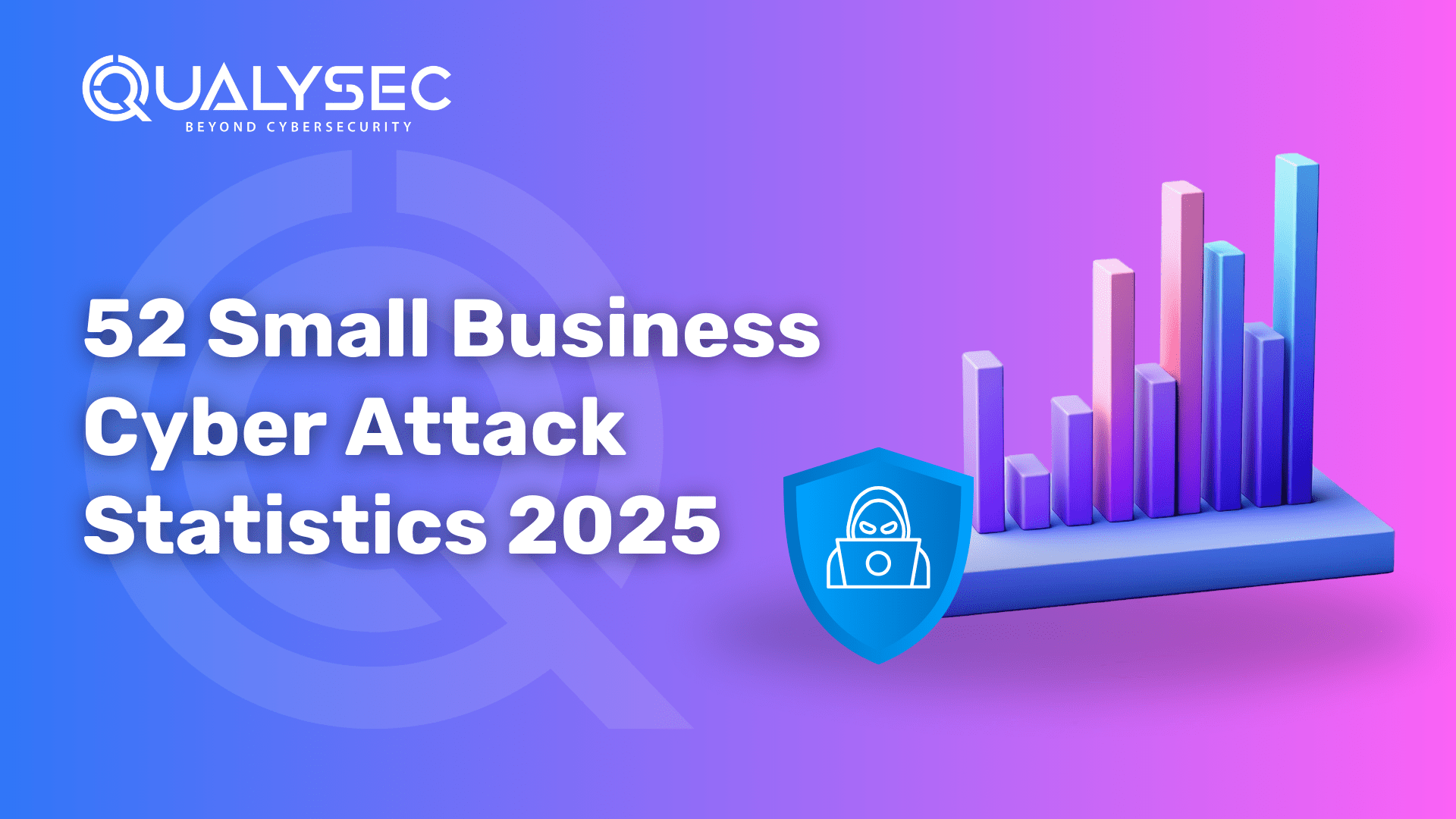

























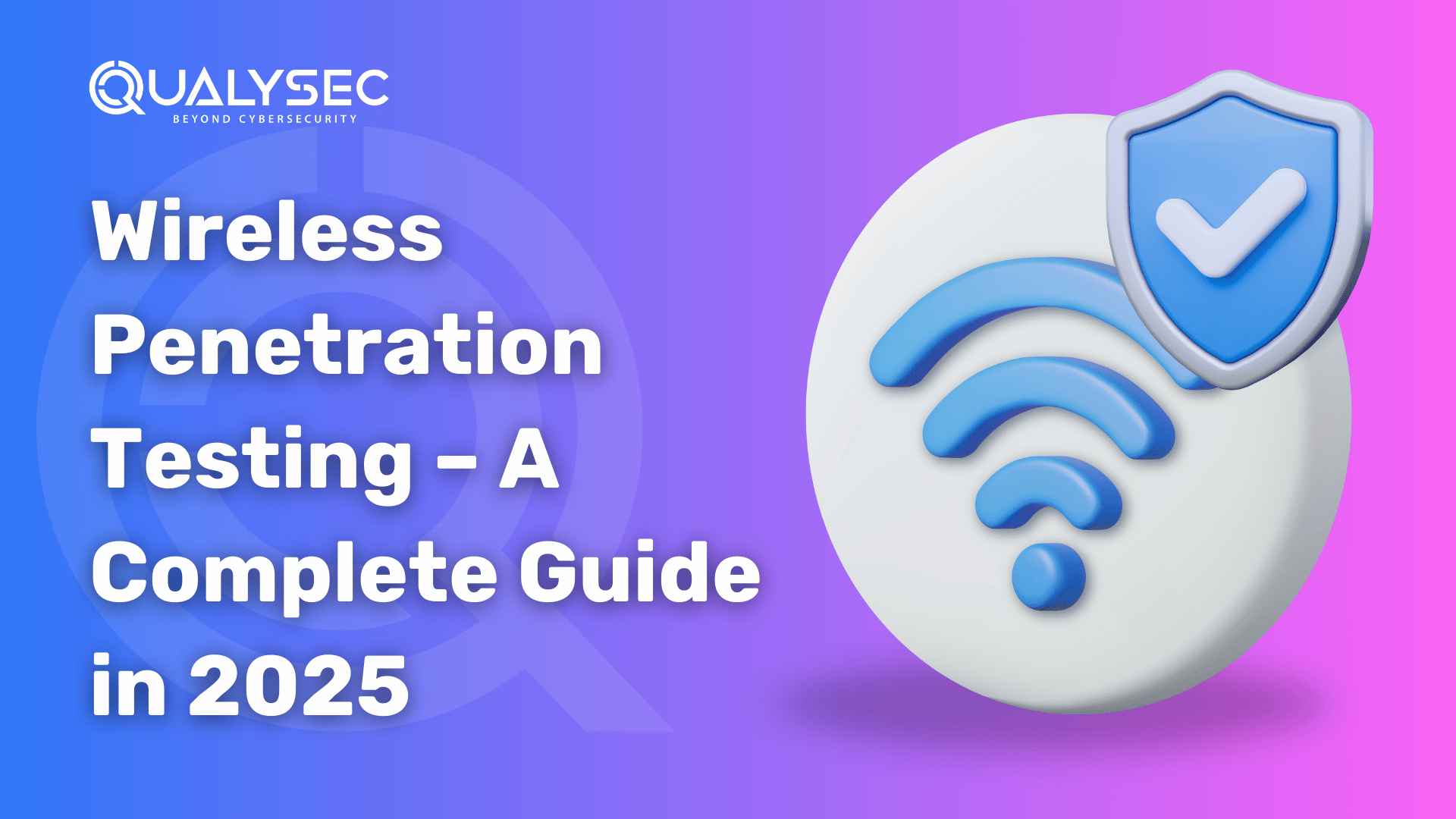




























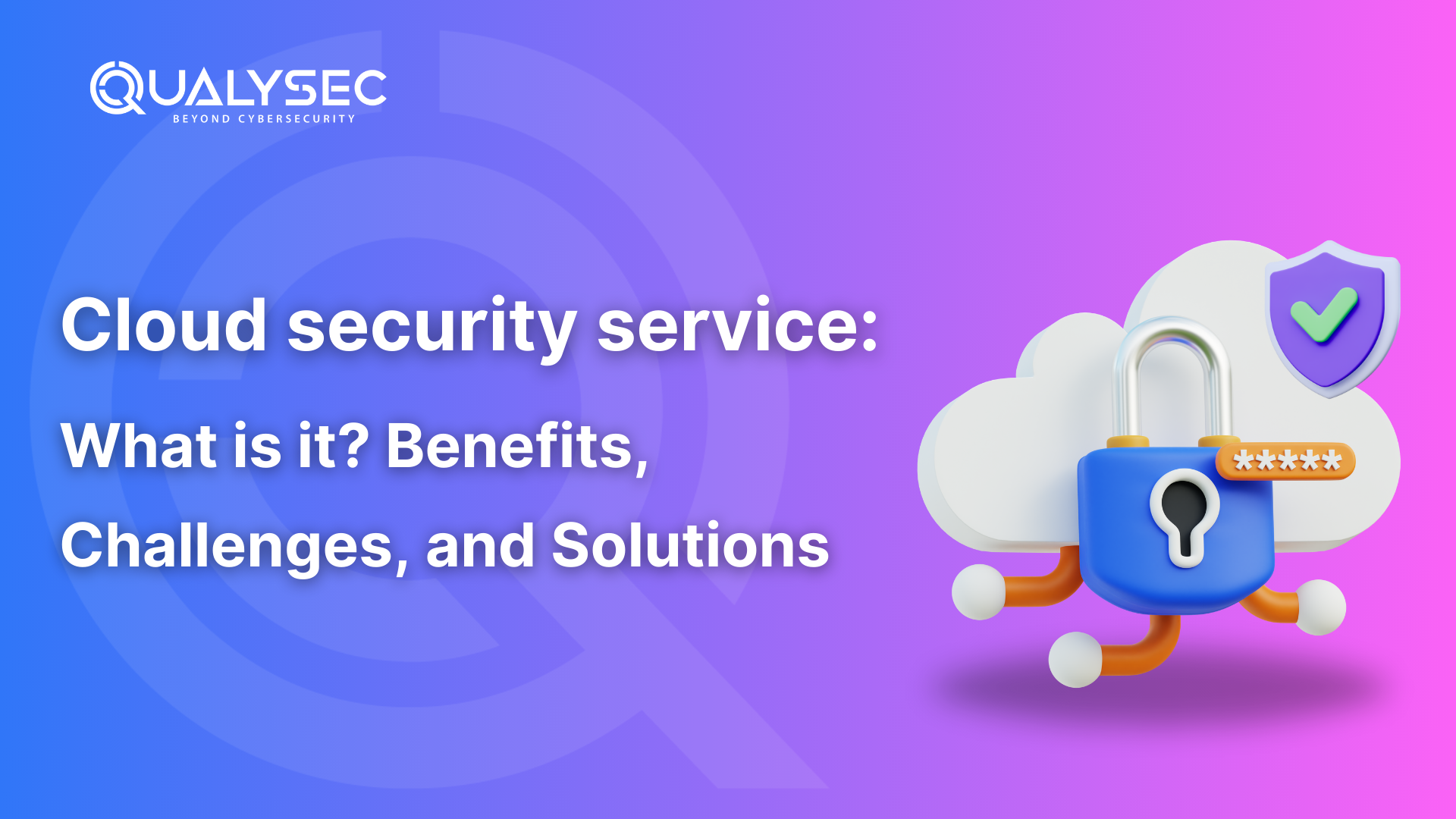



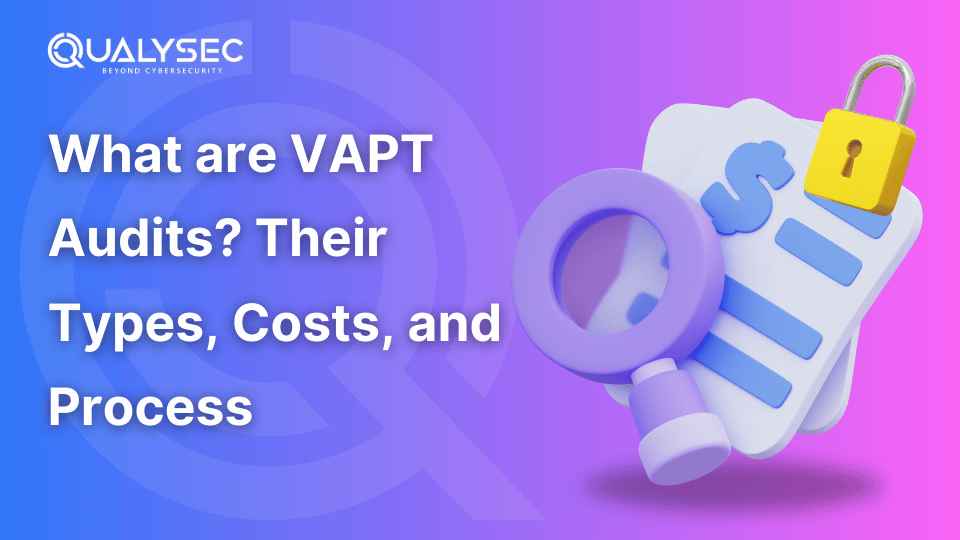








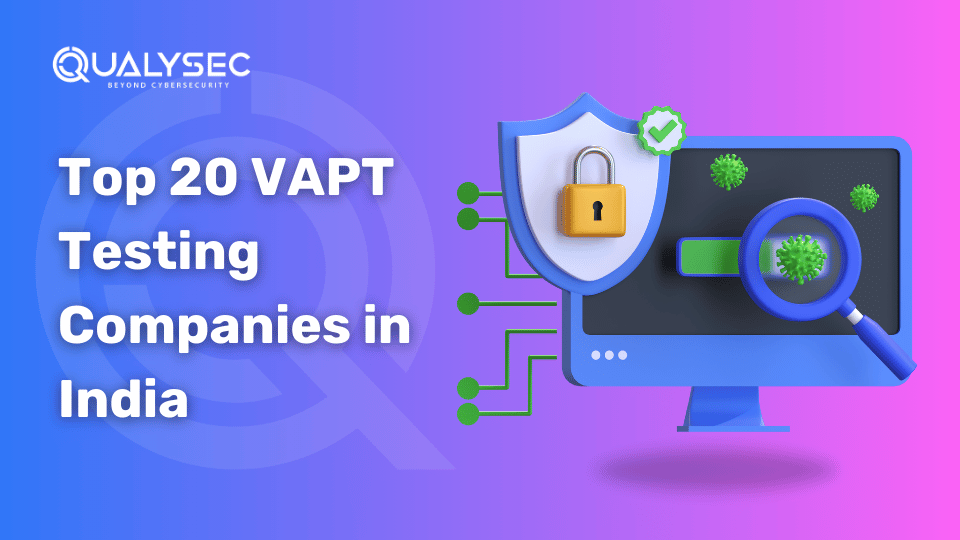


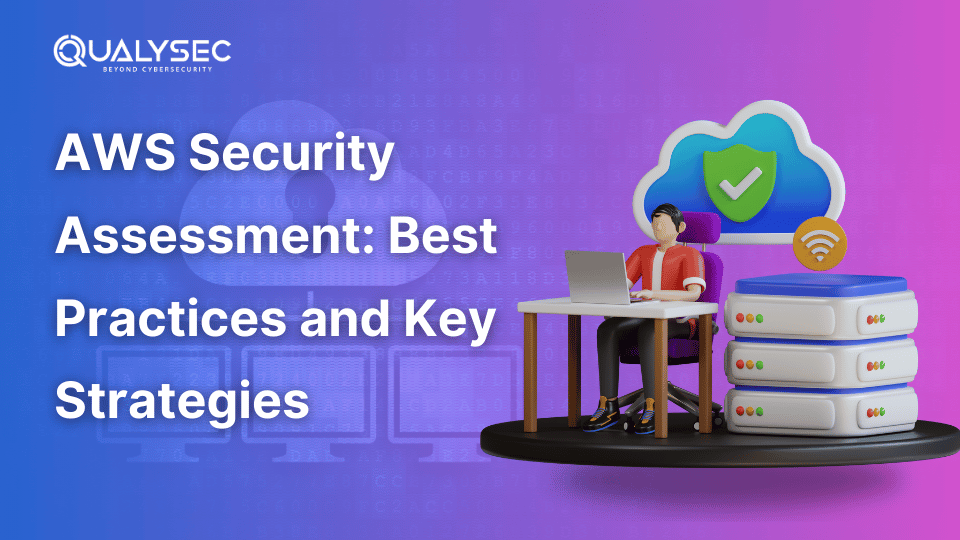



















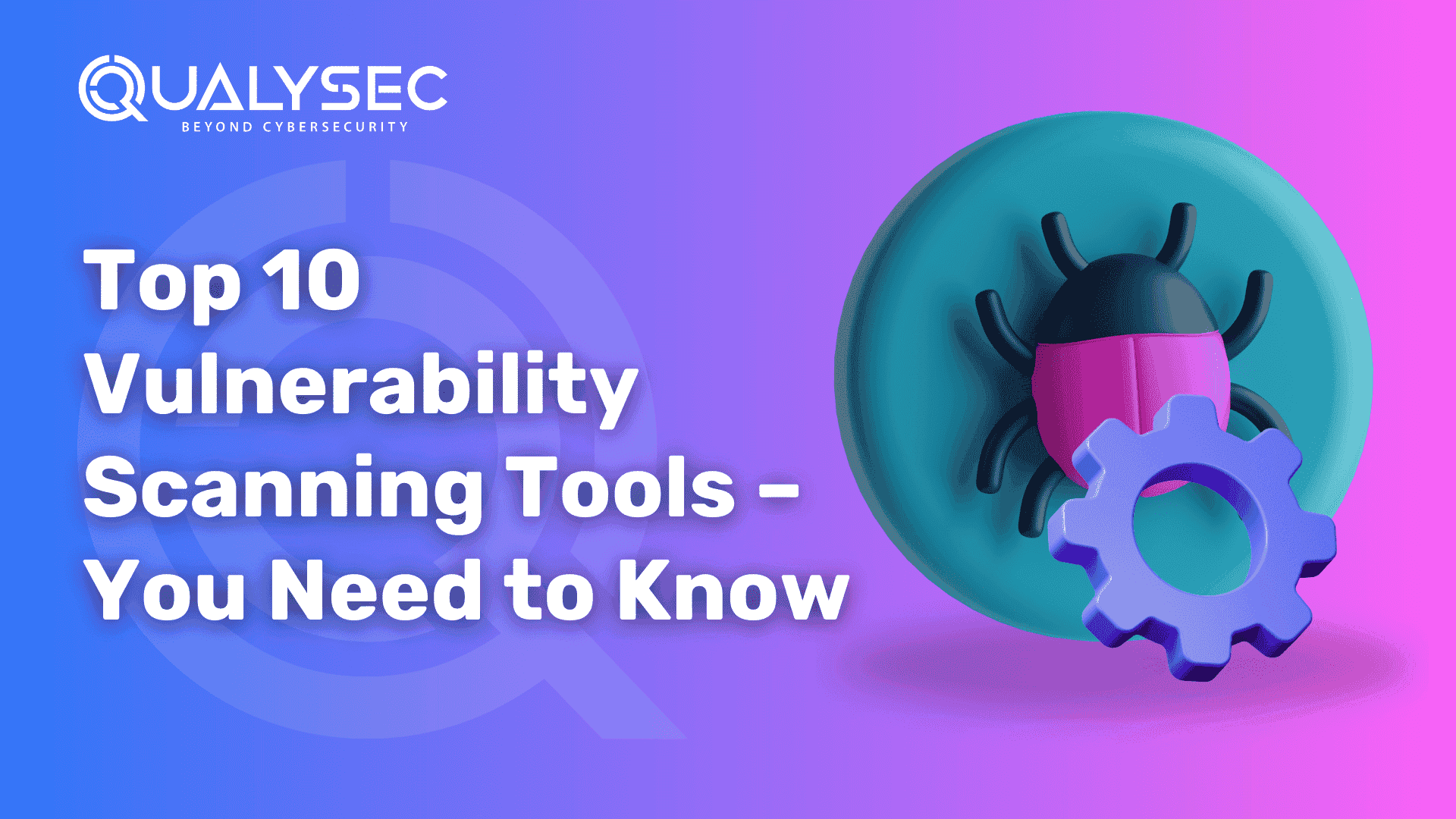


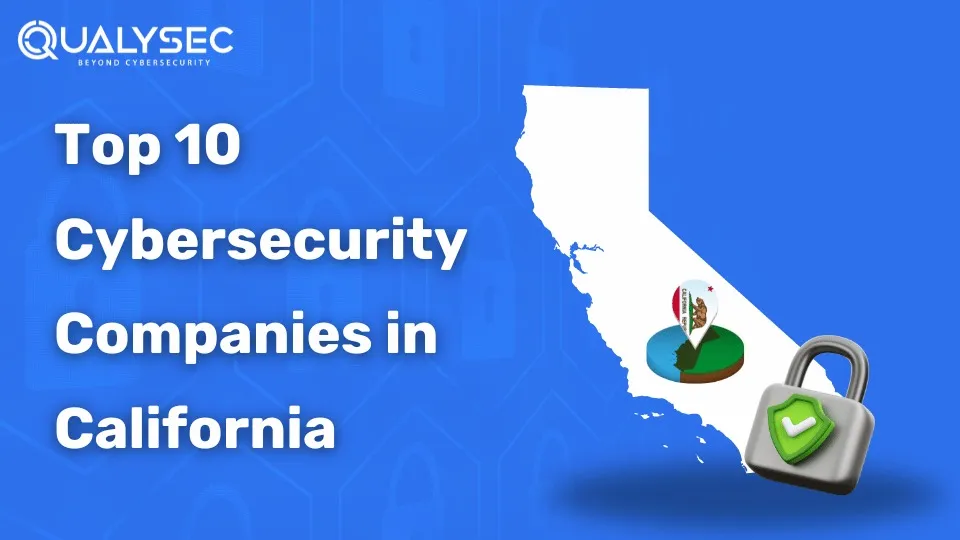
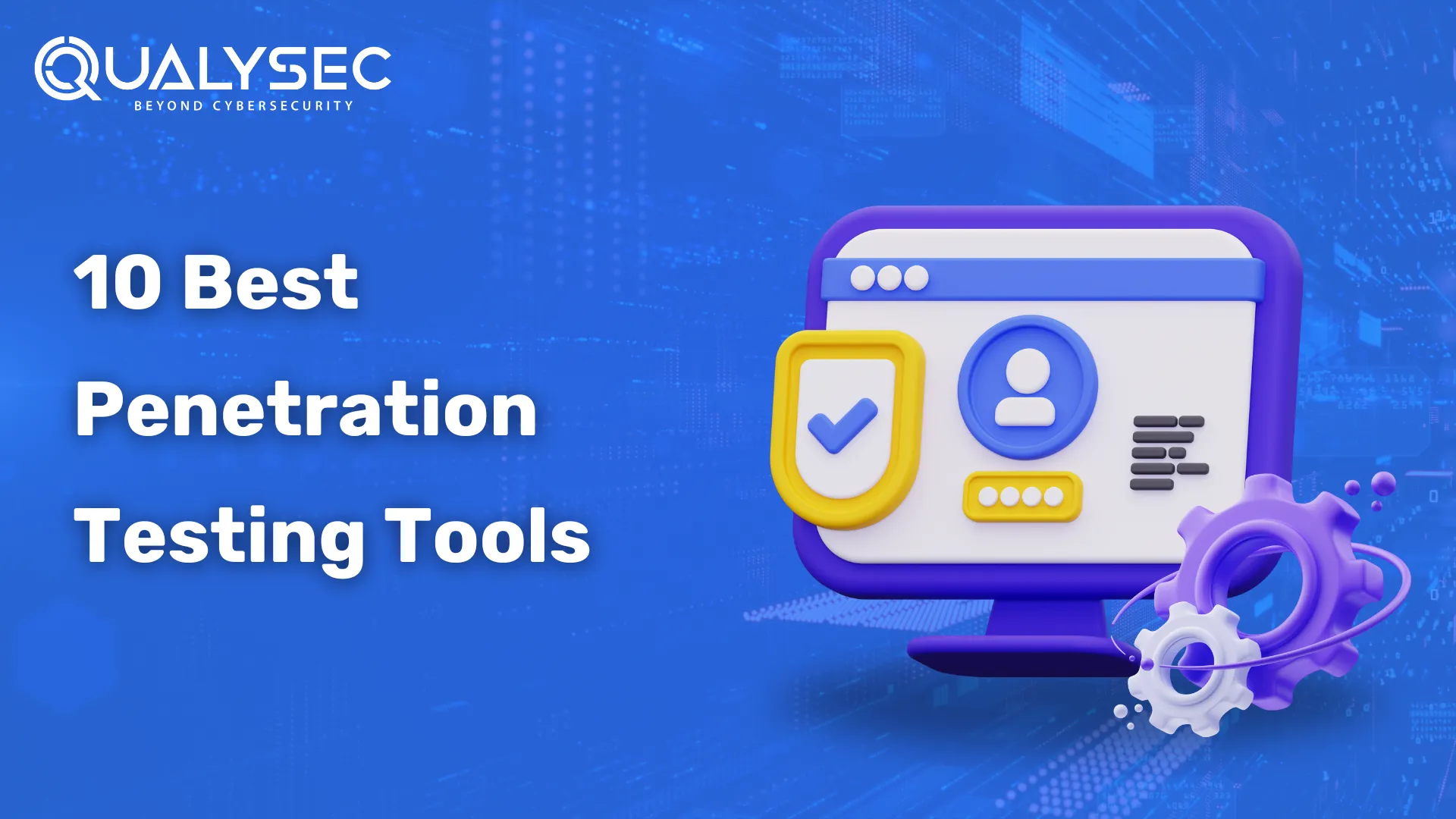





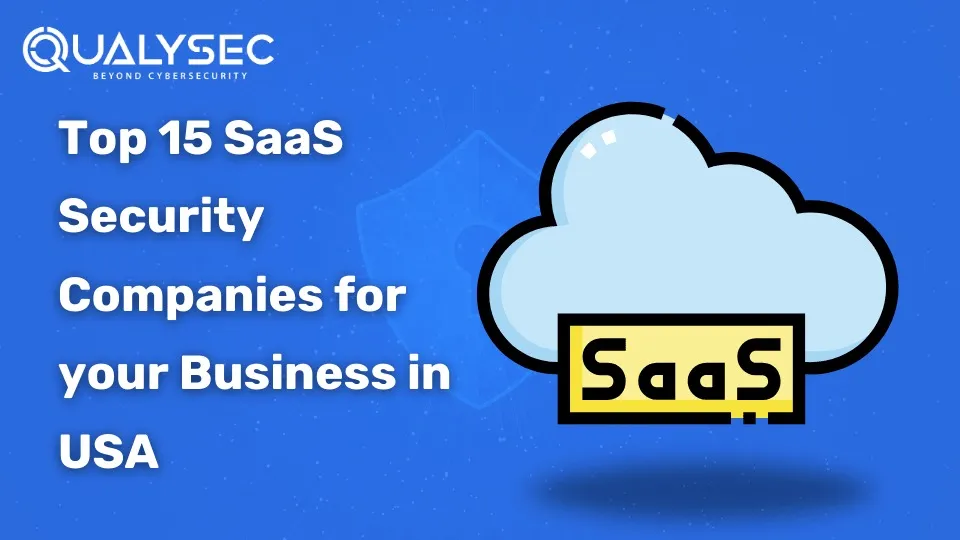



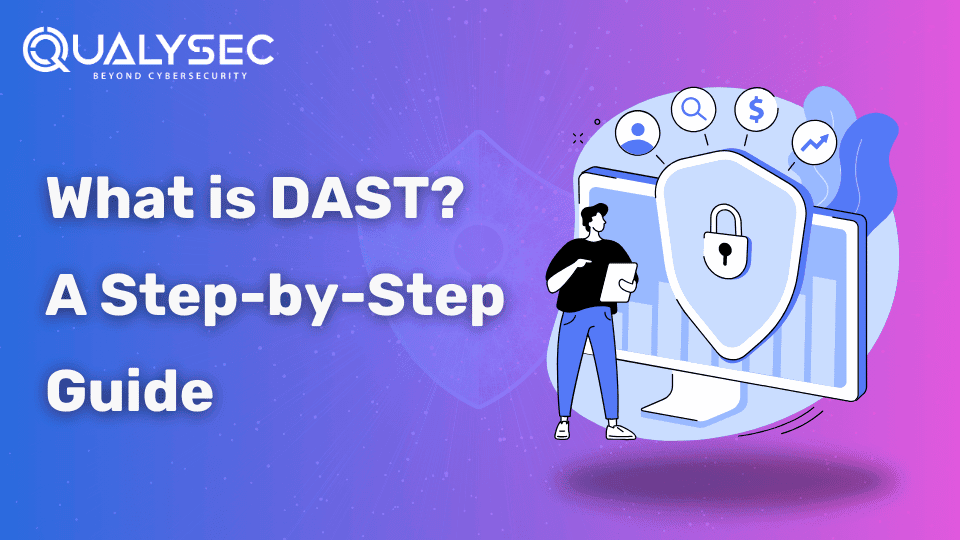


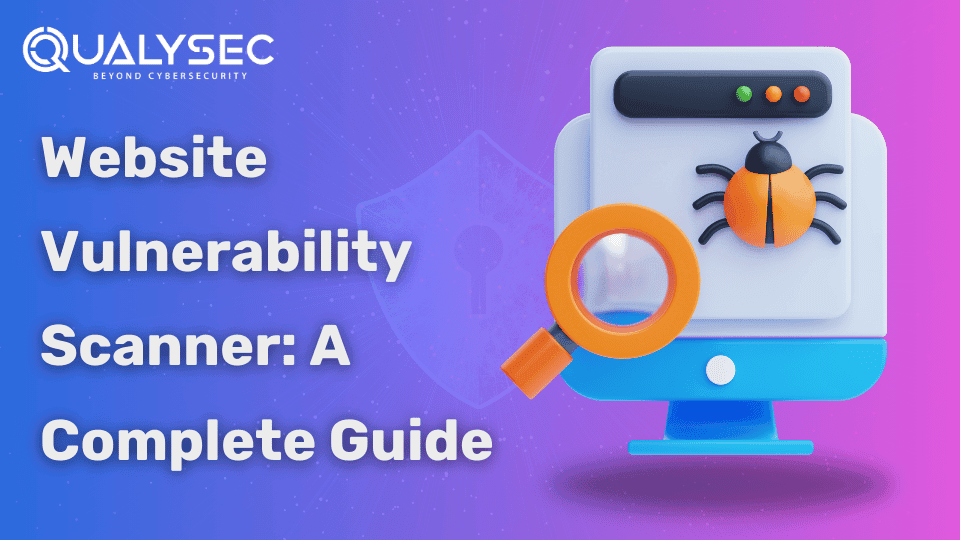

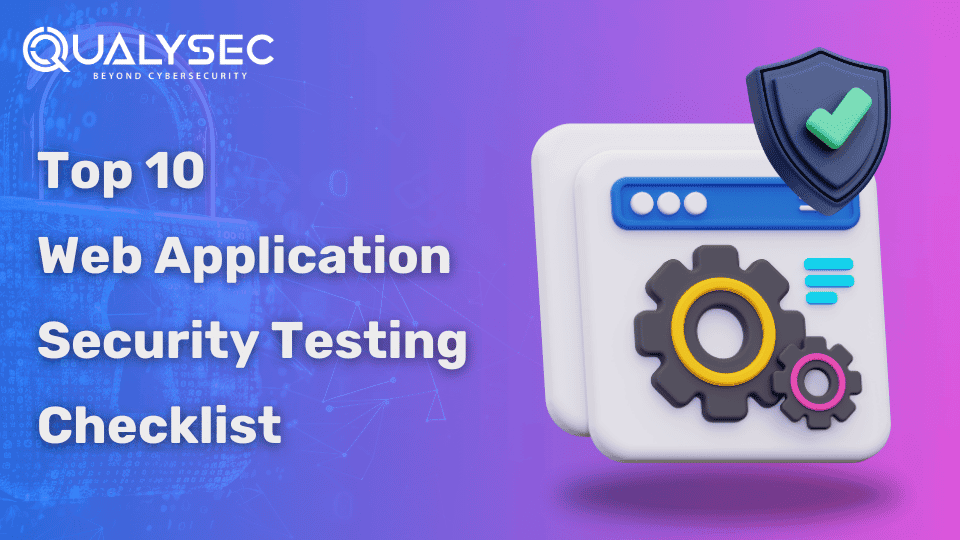

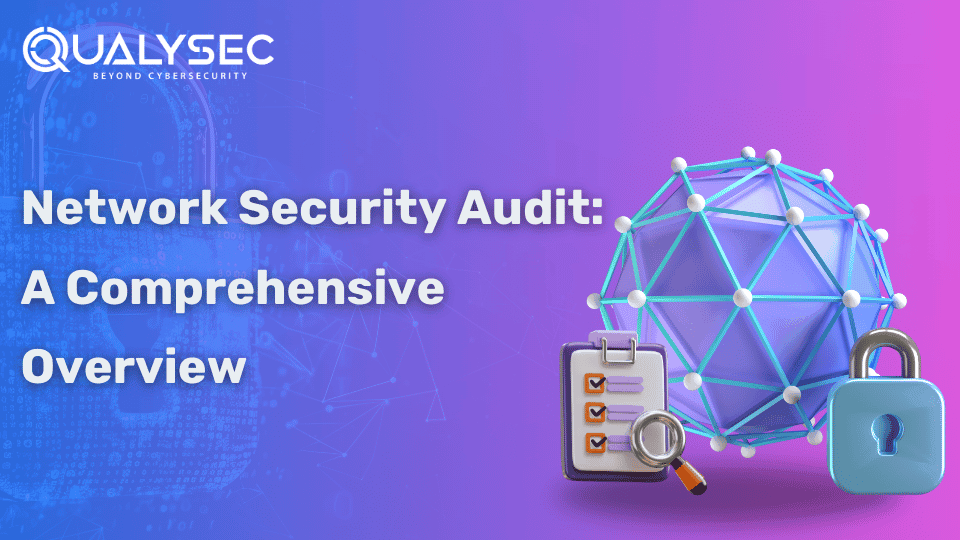













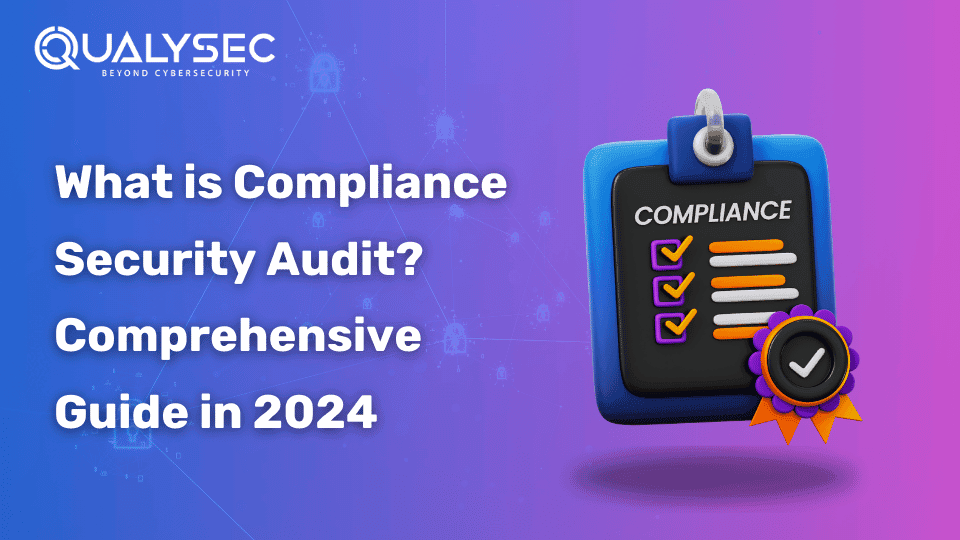


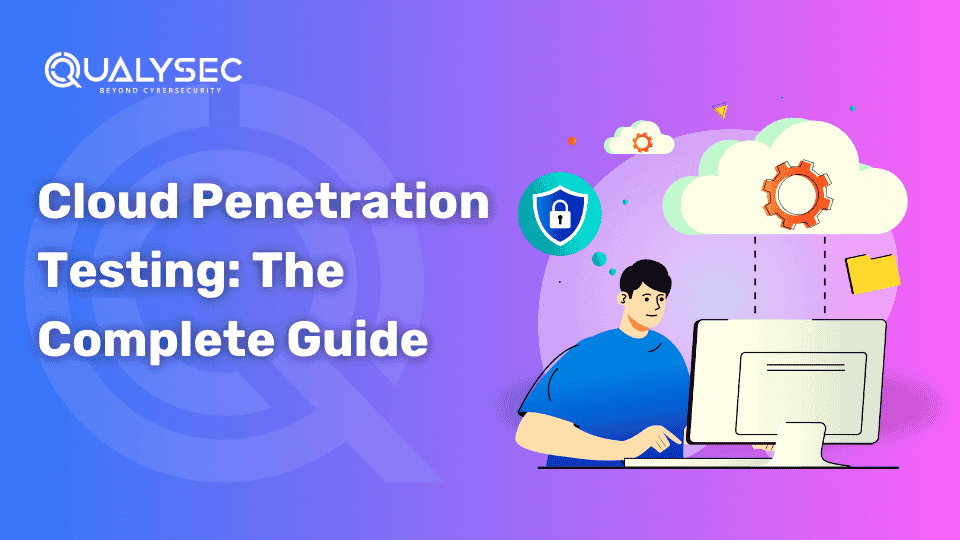


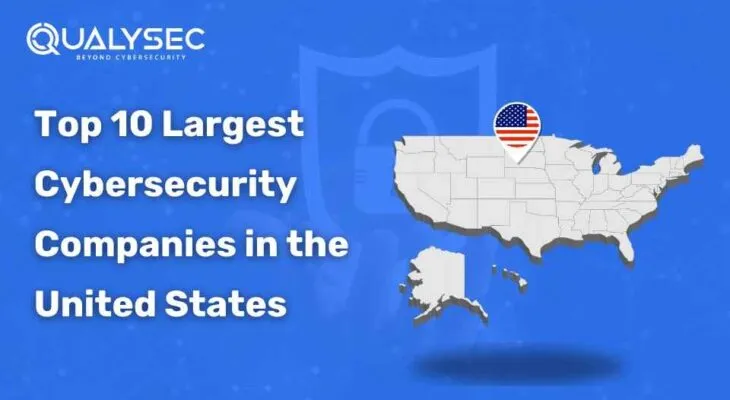


























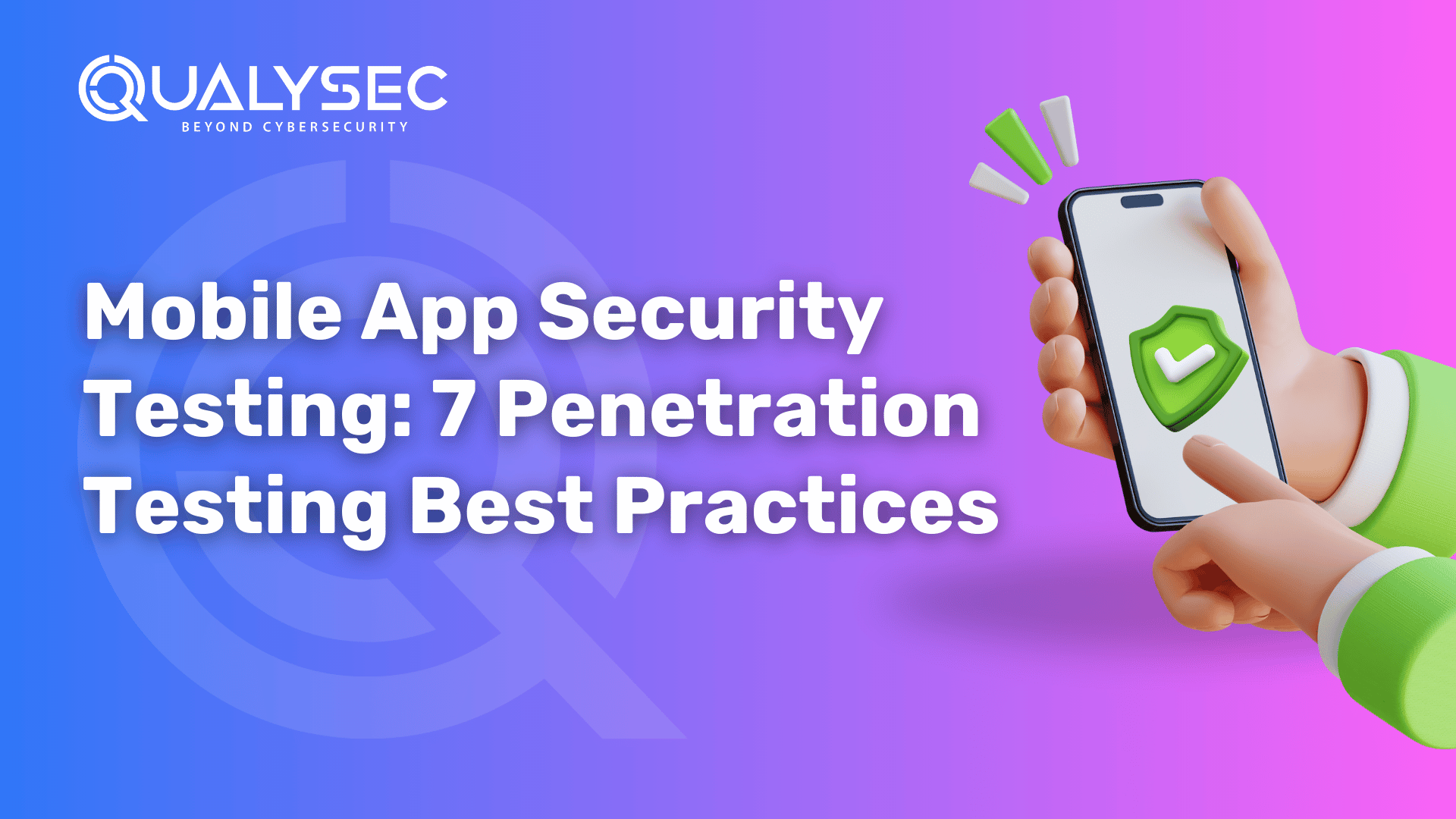














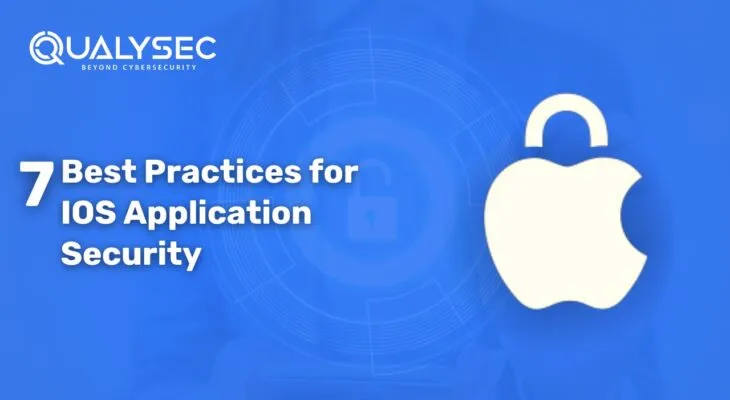


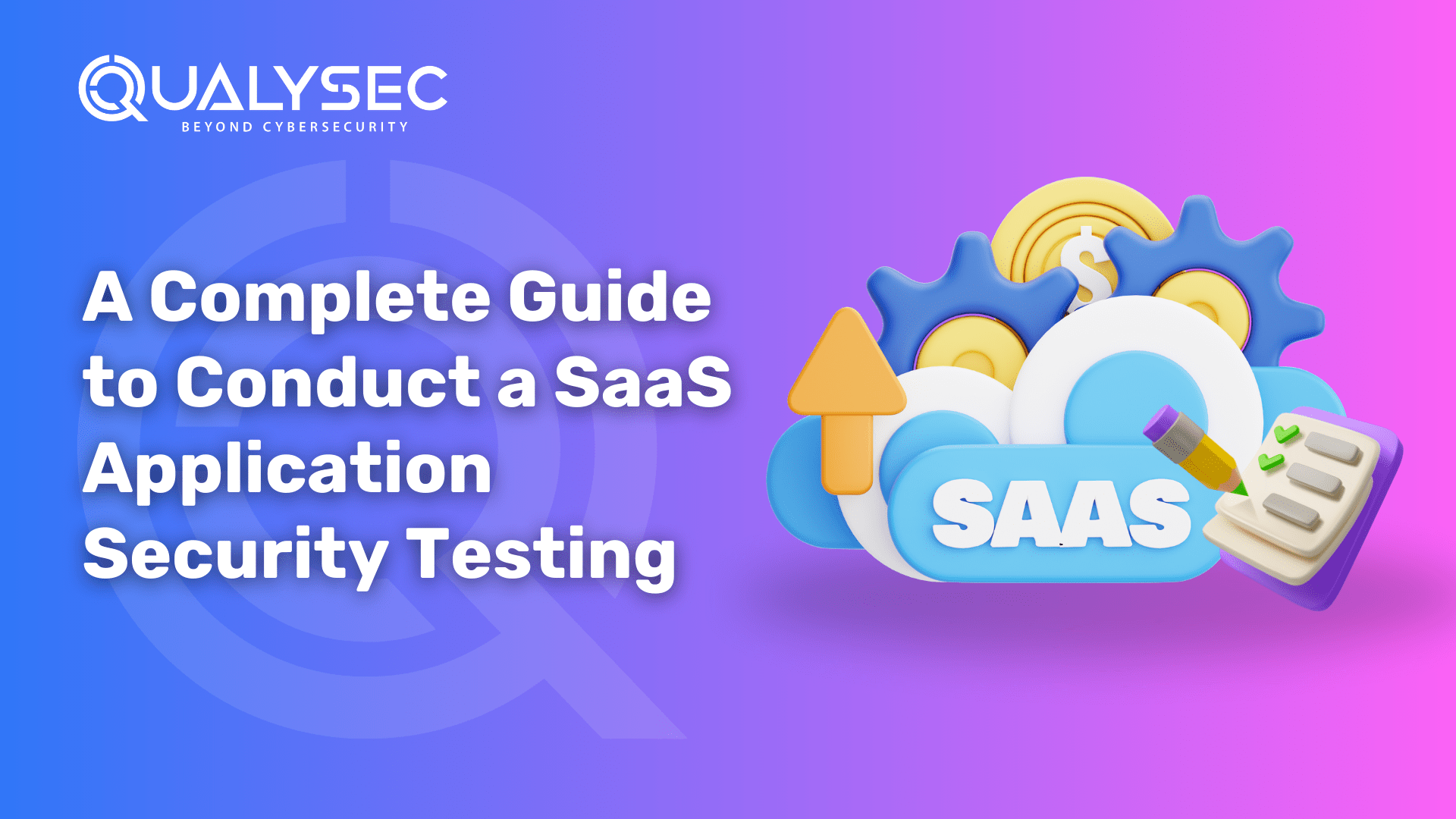






















































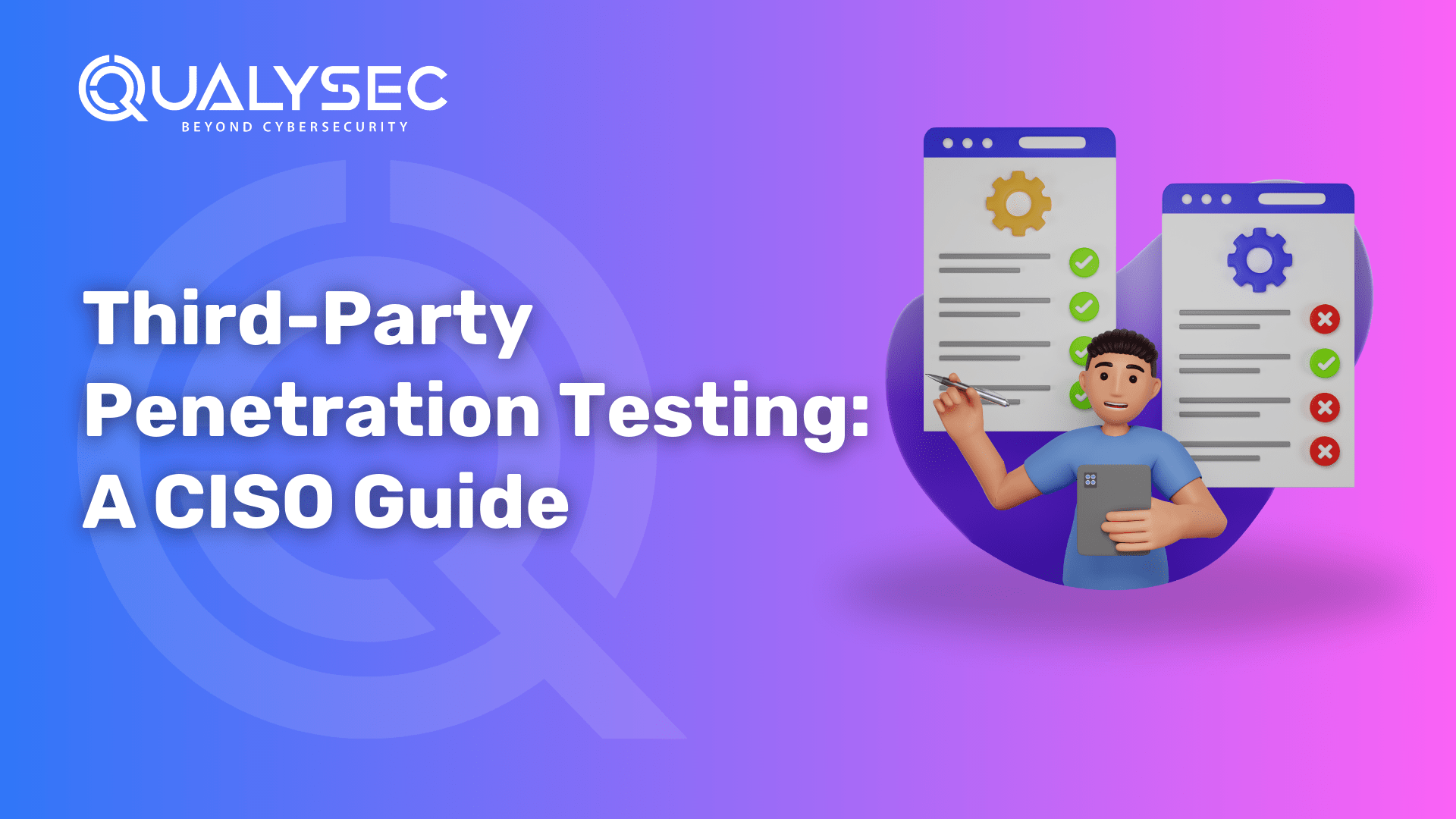



































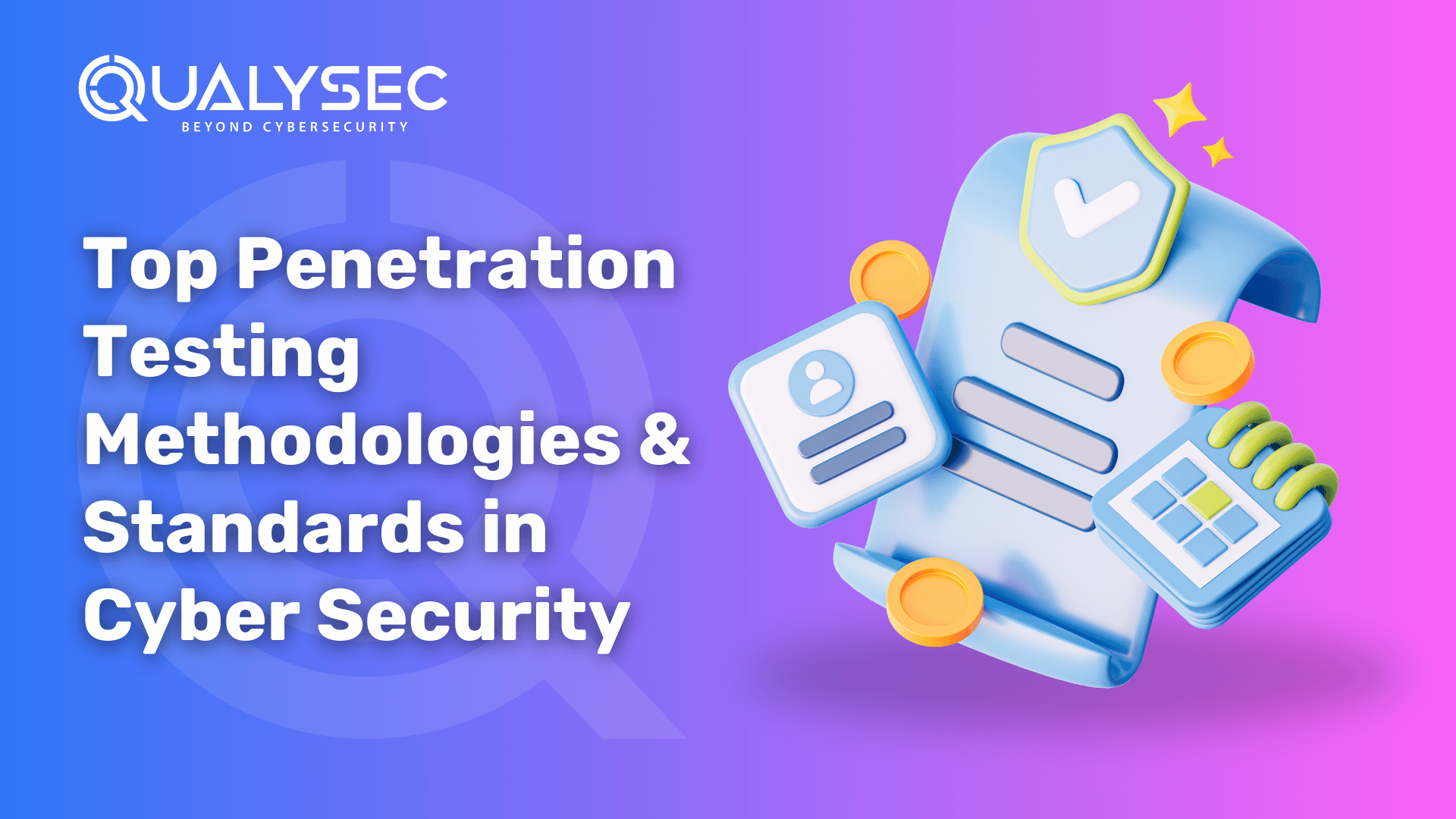


































































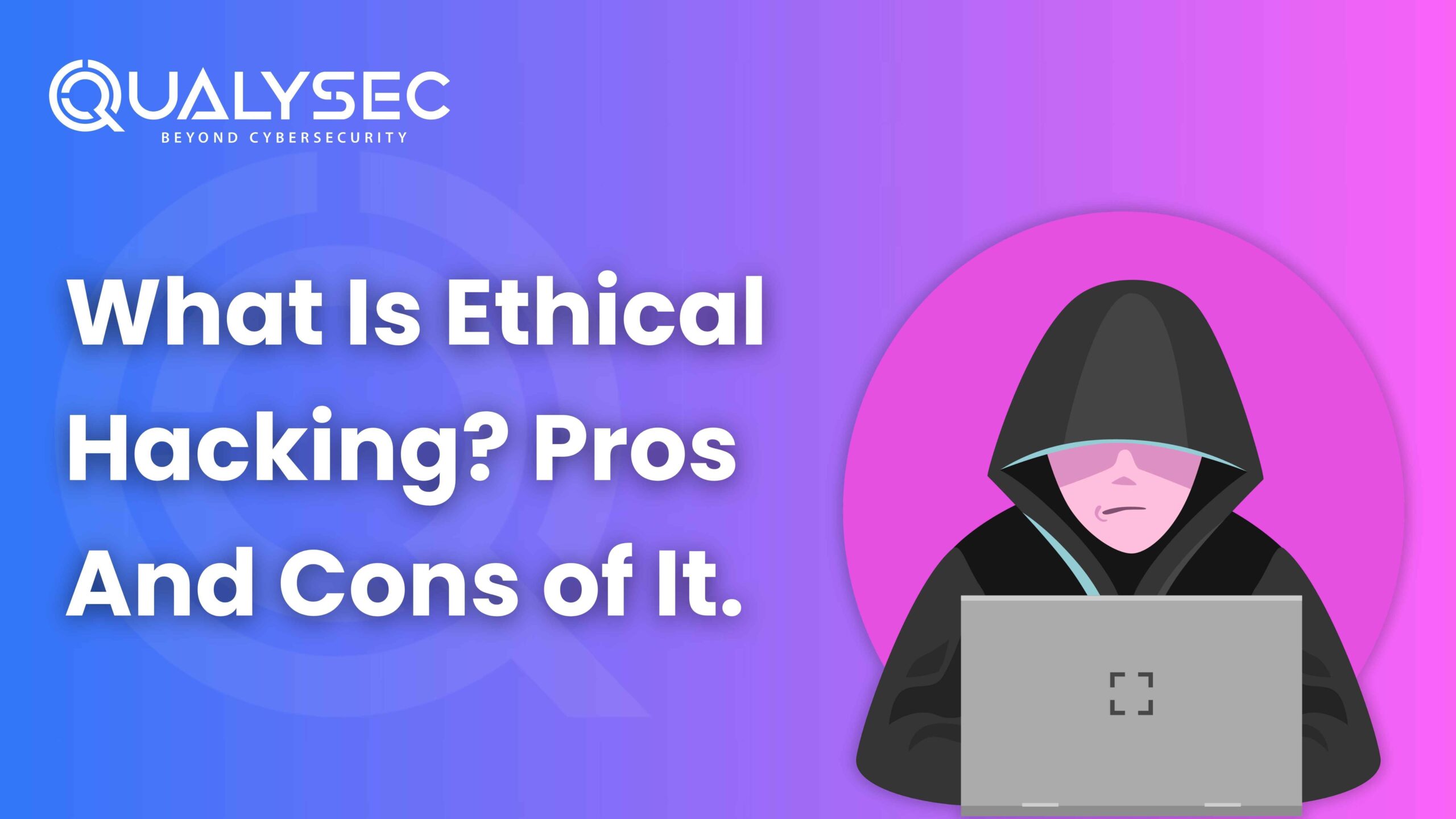








































0 Comments